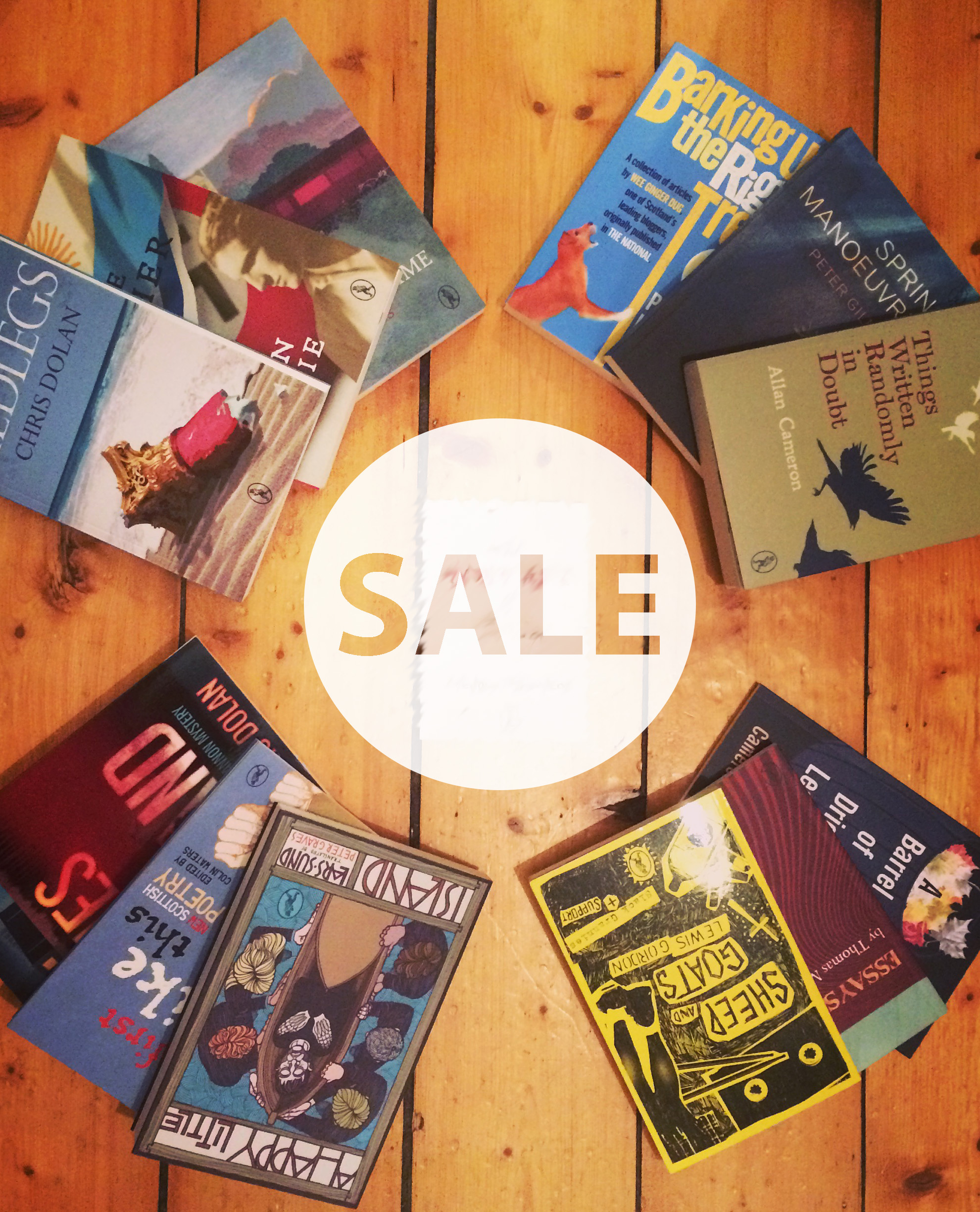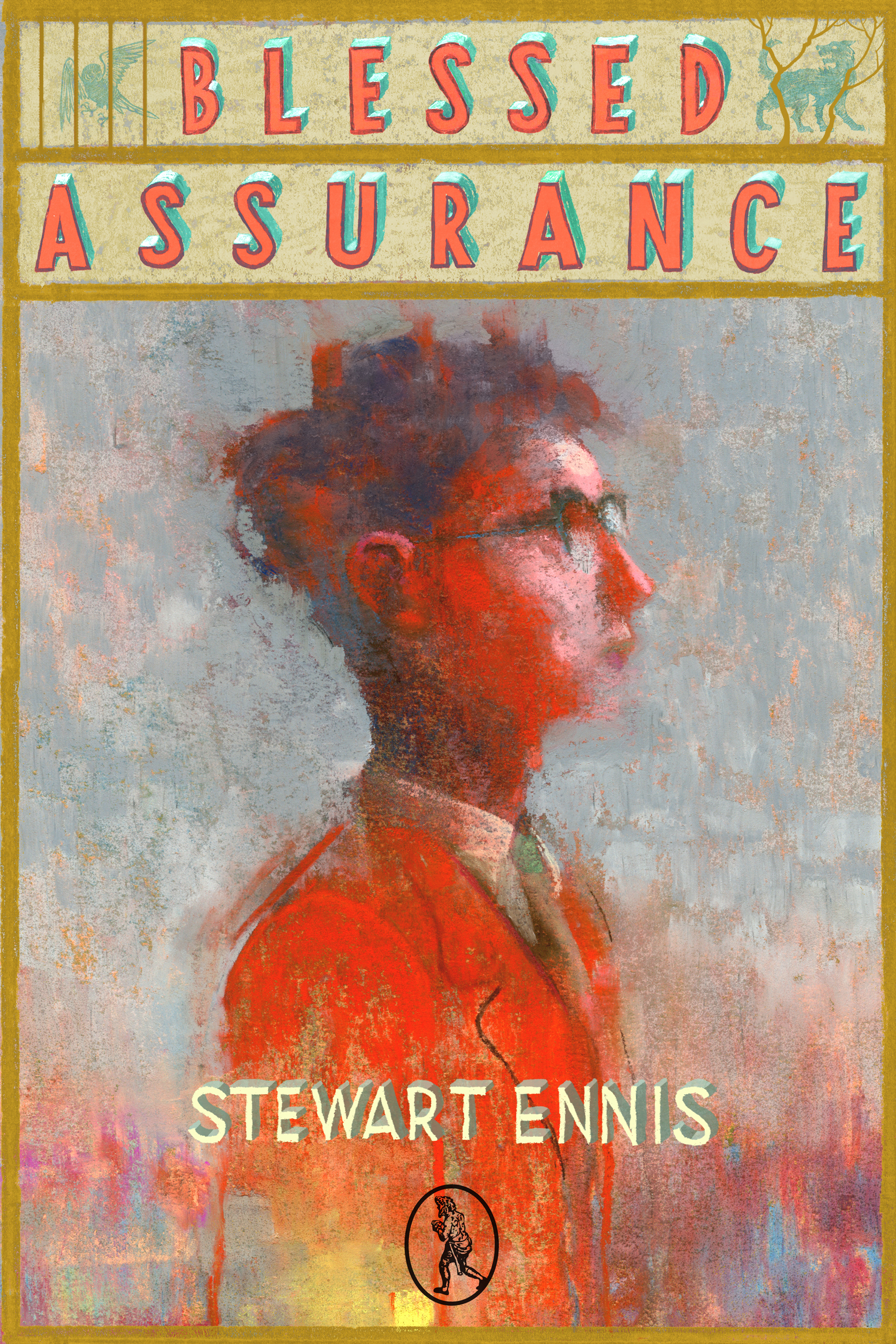
Blessed Assurance
“The fact of the matter is Joseph Kirkland was afraid. Afraid of notbeing Saved. Afraid of beingSaved. Afraid of the transformation that would occur the moment he uttered those words, Jesus!God! I want you to come into my heart!”
Blessed Assurance is a coming of age novel. It is set against the backdrop of a small close-knit evangelical community in the fictional Scottish village of Kilhaugh one fog bound December in the late nineteen sixties when the Cold War was on the brink of turning hot. The story takes place over six soul searching days in the life of God-fearing dog-thief and pyromaniac, 11 year-old Joseph Kirkland, and his godless, devil-may-care best friend, Archie Truman, as the perpetually guilt-ridden Joseph attempts to put right what he believes to be the most terrible of lies. It is peopled with colourful characters, peppered with moments of tenderness, tragedy and occasional surreal humour. At its heart though, Blessed Assuranceis an exploration of family, friendship, faith, loneliness and grief, and the compromises that sometimes have to be made to remain part of our community.
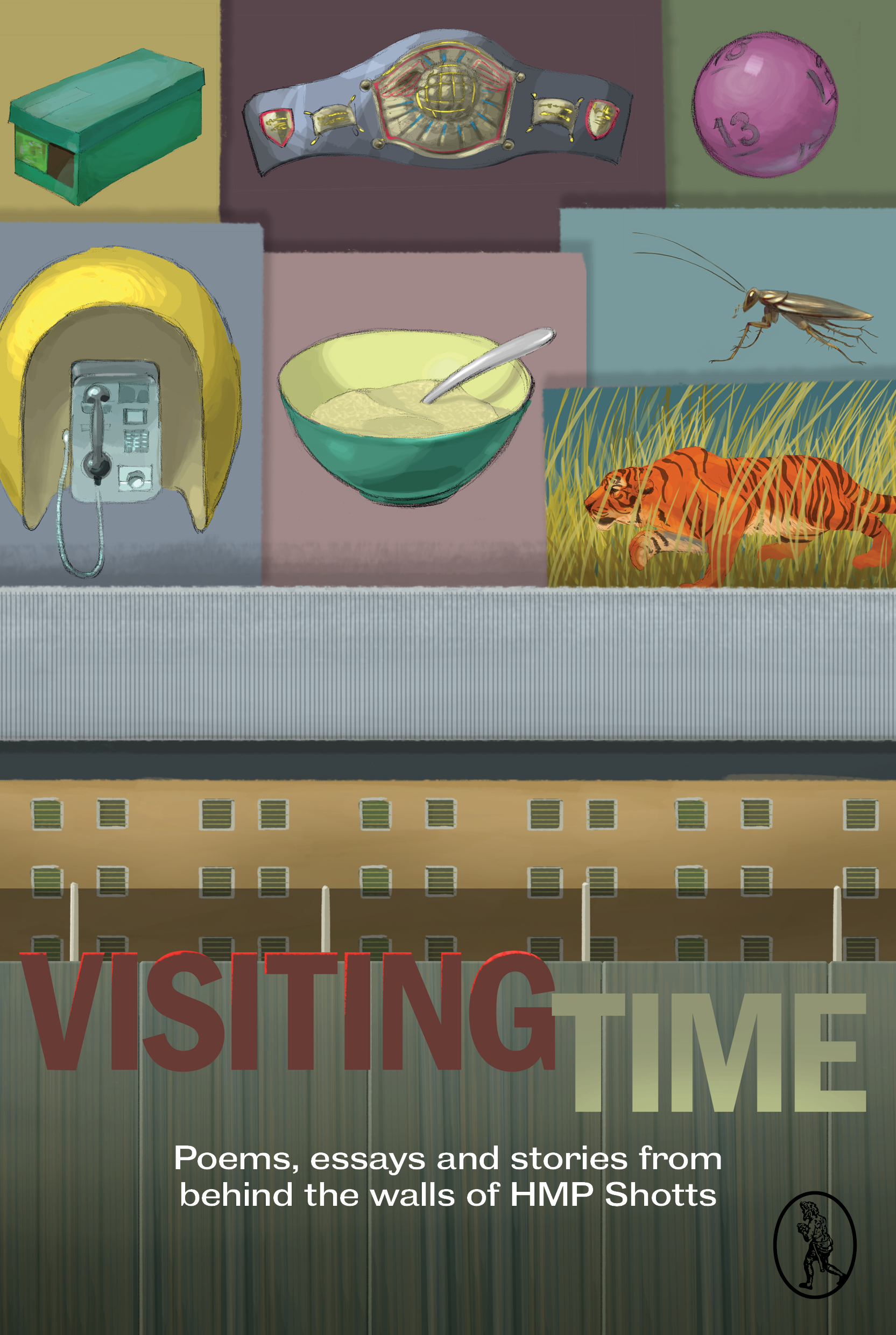
Visiting Time
From the inmates of Shotts prison, an accretion of voices not unlike the sounds erupting from the fiddles, flutes and guitars of musicians you might find playing in a Glasgow bar, only these disparate voices are not musical. Instead, a finely tuned array of words expressing thoughts and emotions procured from their writers’ time in prison: “Porridge, a breakfast people make in pots./But I’m doing porridge here in SHOTTS.” In one of the prose pieces, a grandfather pretends to his visiting grandson that he’s a secret agent on his final mission signalling to the reader his retirement from crime; in another, there is the ongoing concern for an elderly father at home with senile dementia: “... he’s ducking behind the curtain ... I don’t know if I can cope with this today.” Haiku and longer poetic forms capture the interminable frustration of being inside and the effect this has on the human psyche: “Go off the rails/End up in the cells/Apply for bail/Application fail// Back to jail/howl and wail.” One reflection on the emotional difficulty of being transgender in a system that does little to offer support adds poignancy to an anthology that is already thrumming with humour and attitude.
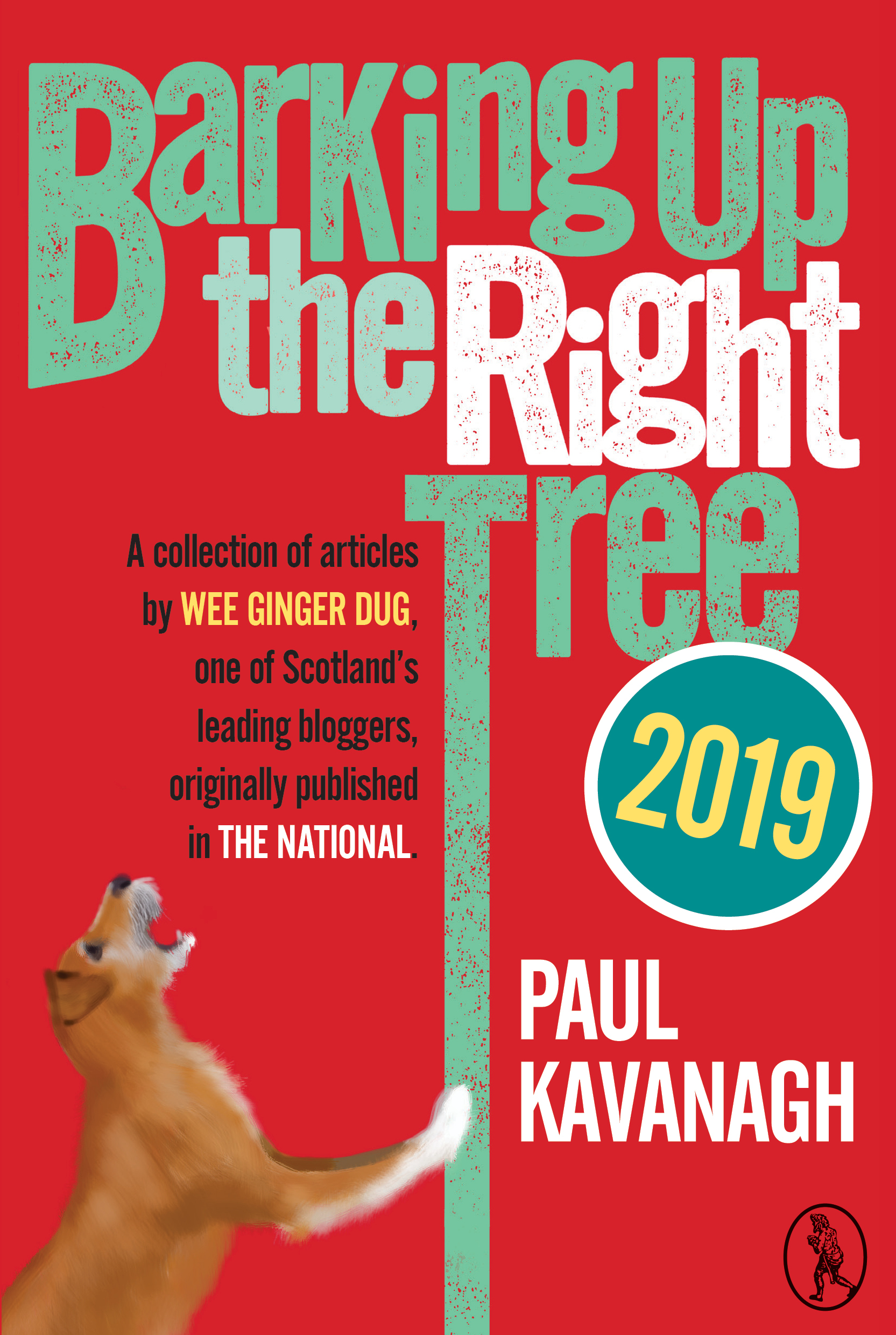
Barking up the Right Tree 2019
Beneath the wit and linguistic trickery of Paul Kavanagh in the company of his trusted Wee Ginger Dug, you’ll find an encyclopaedic knowledge of Scottish politics. Here is political satire in the best tradition. No punches are pulled, and strangely the humour is both brutal and subtle.
This collection of articles from The National covers the increasingly demented Brexit years. Kavanagh keeps catching the plethora of material the Brexiteers keep on giving to our overworked satirists, and he adds his own unique take on it all. He starts with a salute to the departing prime minister: “Goodbye Davie, you were the worst ever” but he, like the rest of us, will soon see how the “worst ever” can still get worse. He tracks the posturing of our politicians from “Our tea exports will take over the world, never have so many owed so much to a brew” to “The Empire is dead and ... the harsh realities of Brexit will expose that. The emperors of Brexit have no clothes.”
Read on and be enlightened – and lighten up with a few much-needed laughs.
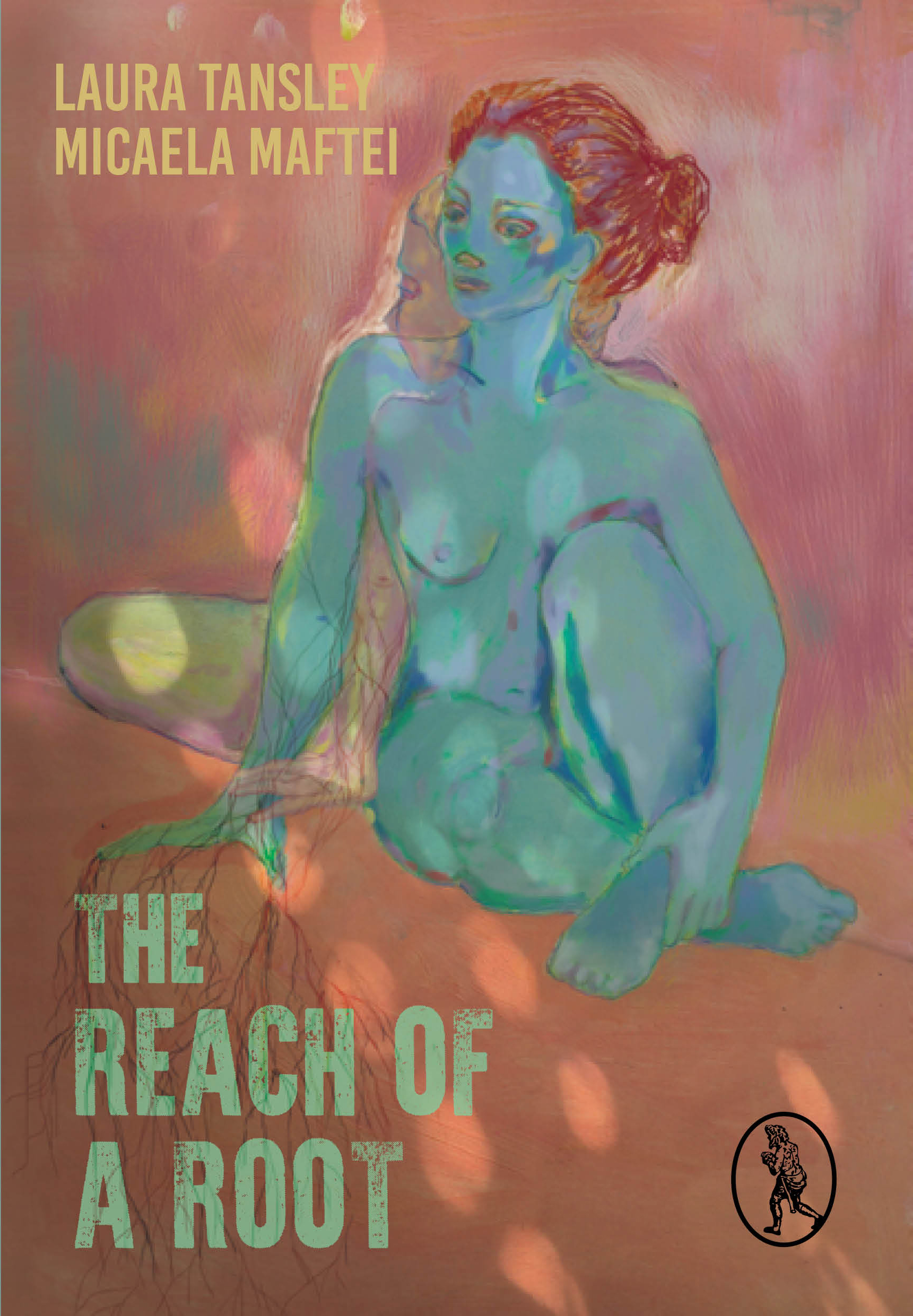
The Reach of a Root
Power stances in loo cubicles; heartfelt letters from a stranger’s parents; clairvoyant coffee shop customers; awkward post- threesome encounters...
In this collection of short stories, Canada-based Micaela Maftei and UK-based Laura Tansley collaborate transatlantically to craft a single, blended voice; both in form and content, their stories consider place, displacement and the spaces where the two overlap. With insight and humour the authors map the ongoing search for selfhood across various stages and settings of women’s lives, magnifying the mundane to remind us that life is made up of the tiny details we often overlook. The Reach of a Root speaks to life’s anxieties, triumphs and trials, fusing Colin Barrett’s exploration of place and identity, the dark humour of Amy Hempel and the physicality of Joyce Carol Oates.
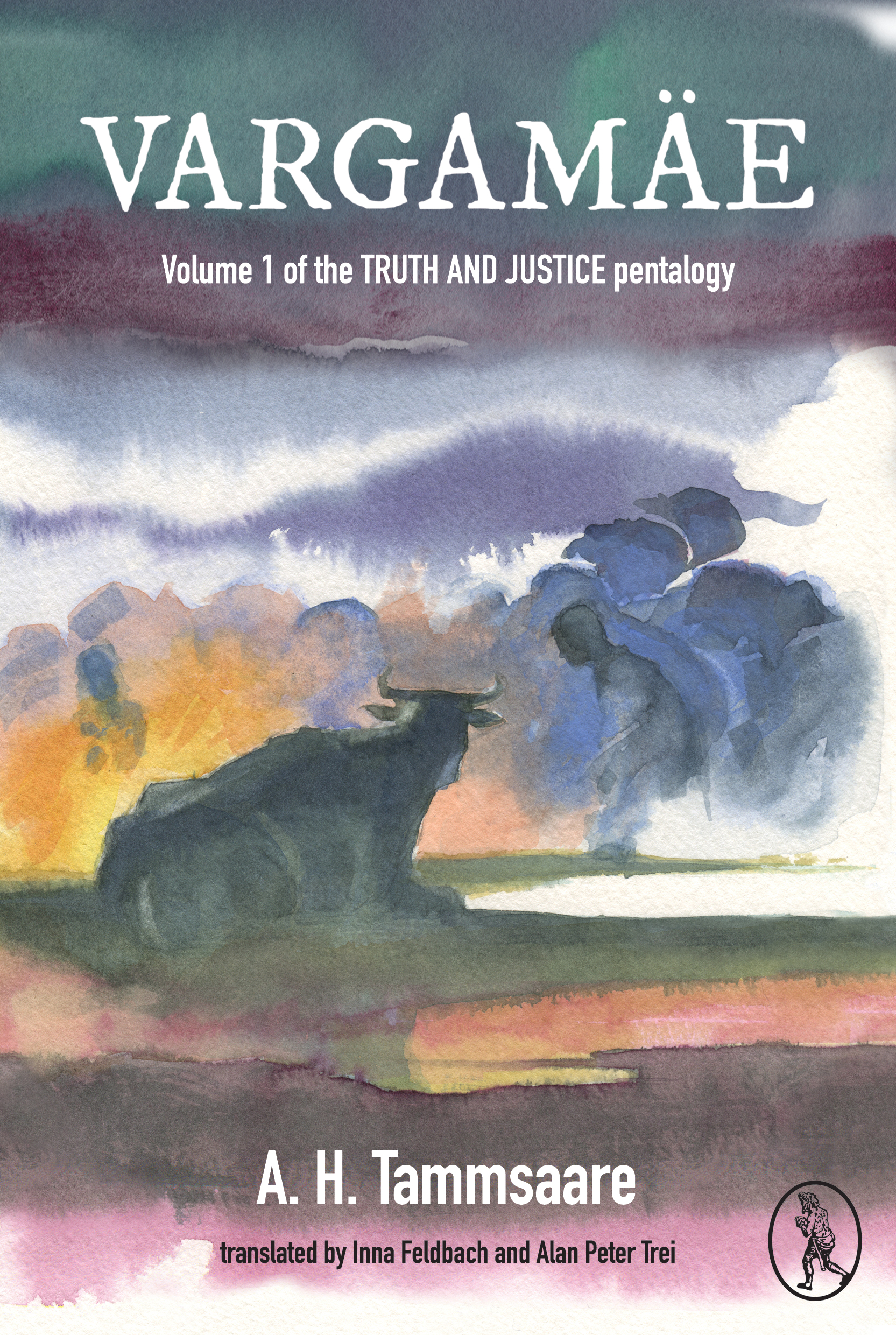
Vargamäe
Vargamäe, Vol. 1, in the Truth and Justice pentalogy by A.H. Tammsaare
Andres, an Estonian peasant, purchases a smallholding in a marshy part of the country, which the novel is named after. He takes his young wife, and an incident with their cow sets the tone for a life of struggle in which the family grows and gradually lifts itself out of extreme poverty. They don’t only have to strive against the elements, but also against their neighbour Pearu, a wily and ruthless man. This Tolstoyan epic amongst the peasantry and the restless city (in volumes II – IV) tells the story of how Tsarist Estonia developed into the First Republic through the experiences of a family and in particular the partly autobiographical character of Indrek, who leaves the land to get an education at the end of this volume. This monumental work by Estonia’s greatest writer is a European classic which has for too long been neglected in the English-speaking world.
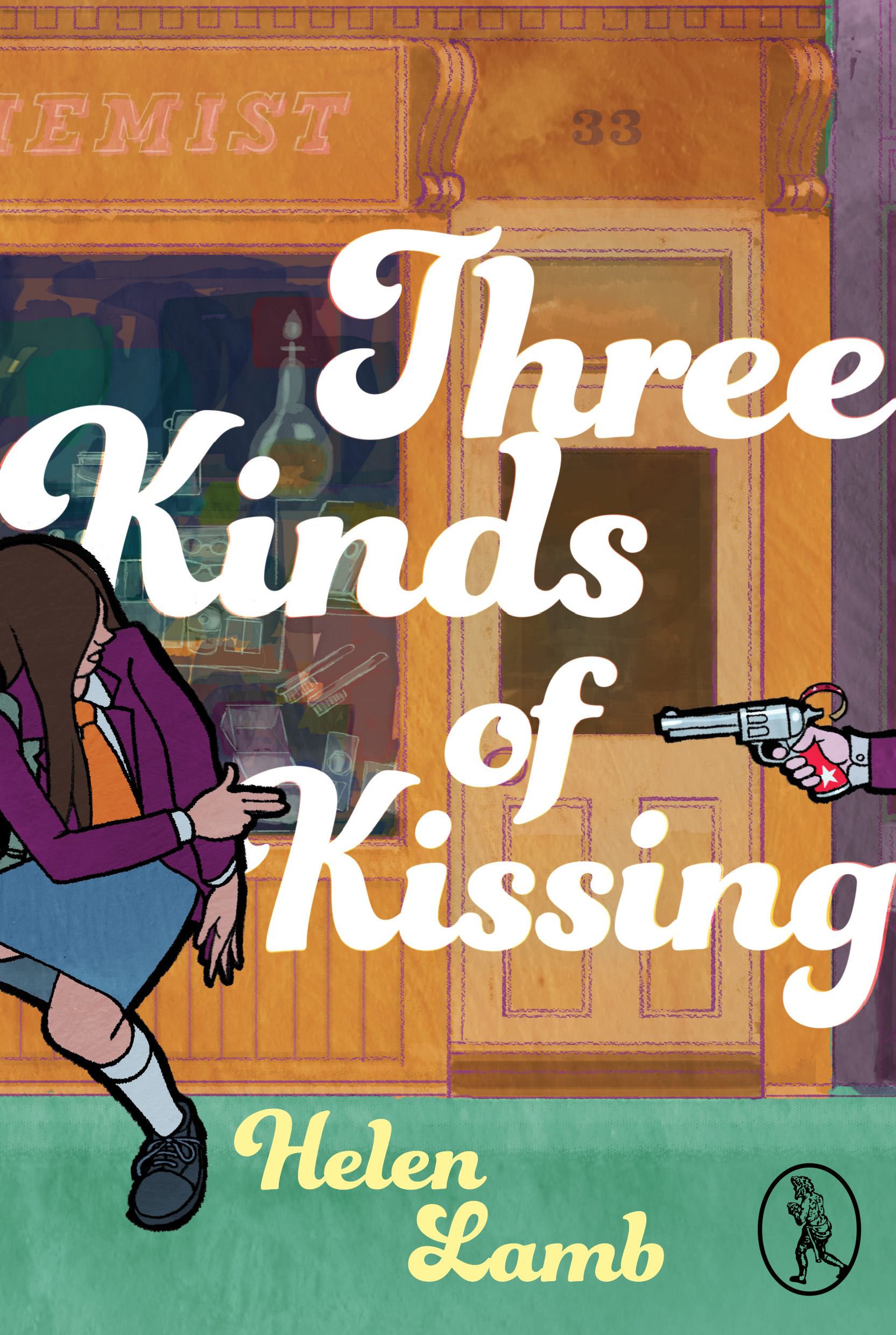
Three Kinds of Kissing
Officially, Olive’s only been gone one day, but Grace knows she’s been lost much longer. Her schoolmate’s disappearance forces Grace to recall the dark secrets she and Olive still share – including the one that shattered their friendship four years ago, the one that haunts Grace now. With the adults around her caught up in their own dramas and deceptions, Grace struggles to make sense of her past and present before she too becomes lost.
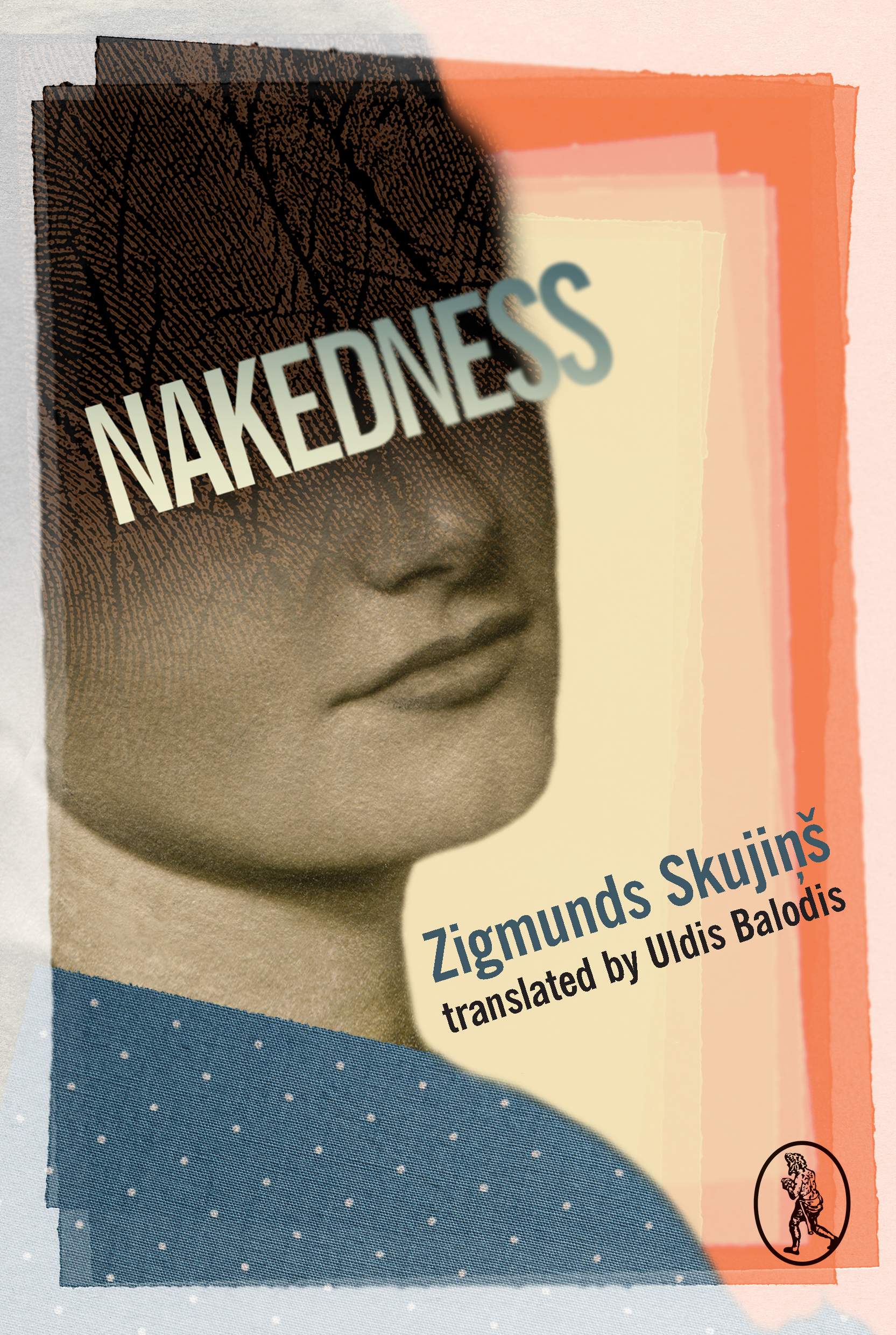
Nakedness
Set in the 1960s, Nakedness is the tale of a young man who has just completed his military service and gone straight to Randava to surprise Marika, the beautiful woman with whom he’s been corresponding for some time. The two have never met in person however, and when the young man arrives at her door, he quickly becomes entangled in a bizarre mystery: Marika claims that she has never written to him; in fact, she appears to be involved with someone else. And none of her flatmates will admit to sending the letters.
Humiliated, he prepares to return to Riga, but is convinced by one of Marika’s flatmates to stay a little longer – a decision that throws him even deeper into the web of conflicting relationships he has unwittingly entered. Each clue he uncovers only makes things more confusing, and eventually the young man’s own secrets and mendacity are also revealed. The nakedness that results from being deprived of our deceptions can be unpleasant, but it may be a necessary part of growing up and facing the world.
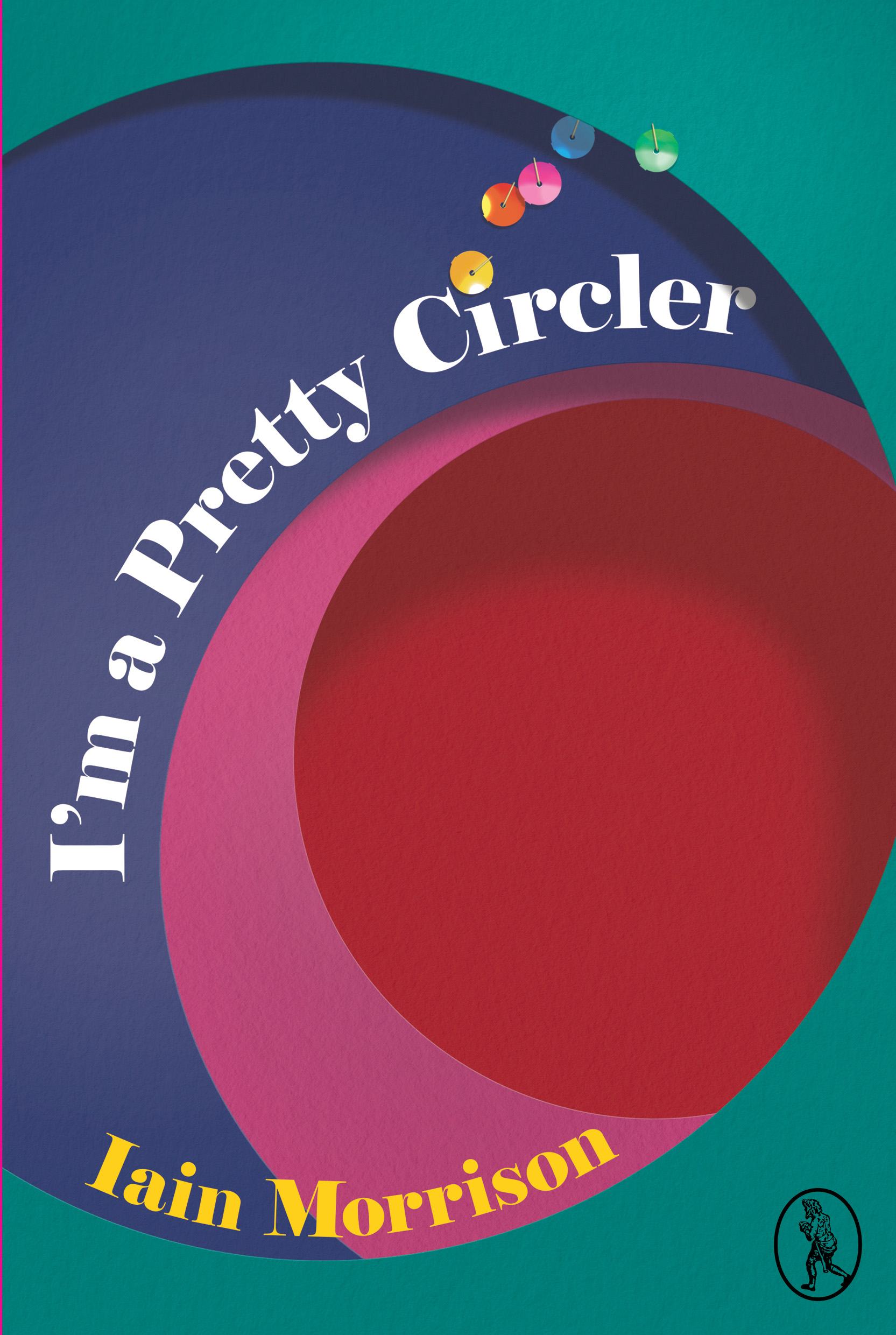
I'm a Pretty Circler
Iain Morrison’s debut collection I’m a Pretty Circler is experimental without being intimidating; conversational without being casual; and outrageous without shedding tenderness. Within its pages, Emily Dickinson rubs shoulders with drag queens, while Japanese composers are as likely to be referenced as dating apps. Morrison balances punchy, patterned short poems with longer more conversational or collaged works that explore ways in which sexuality, tribe, culture and community intersect in lived experience.
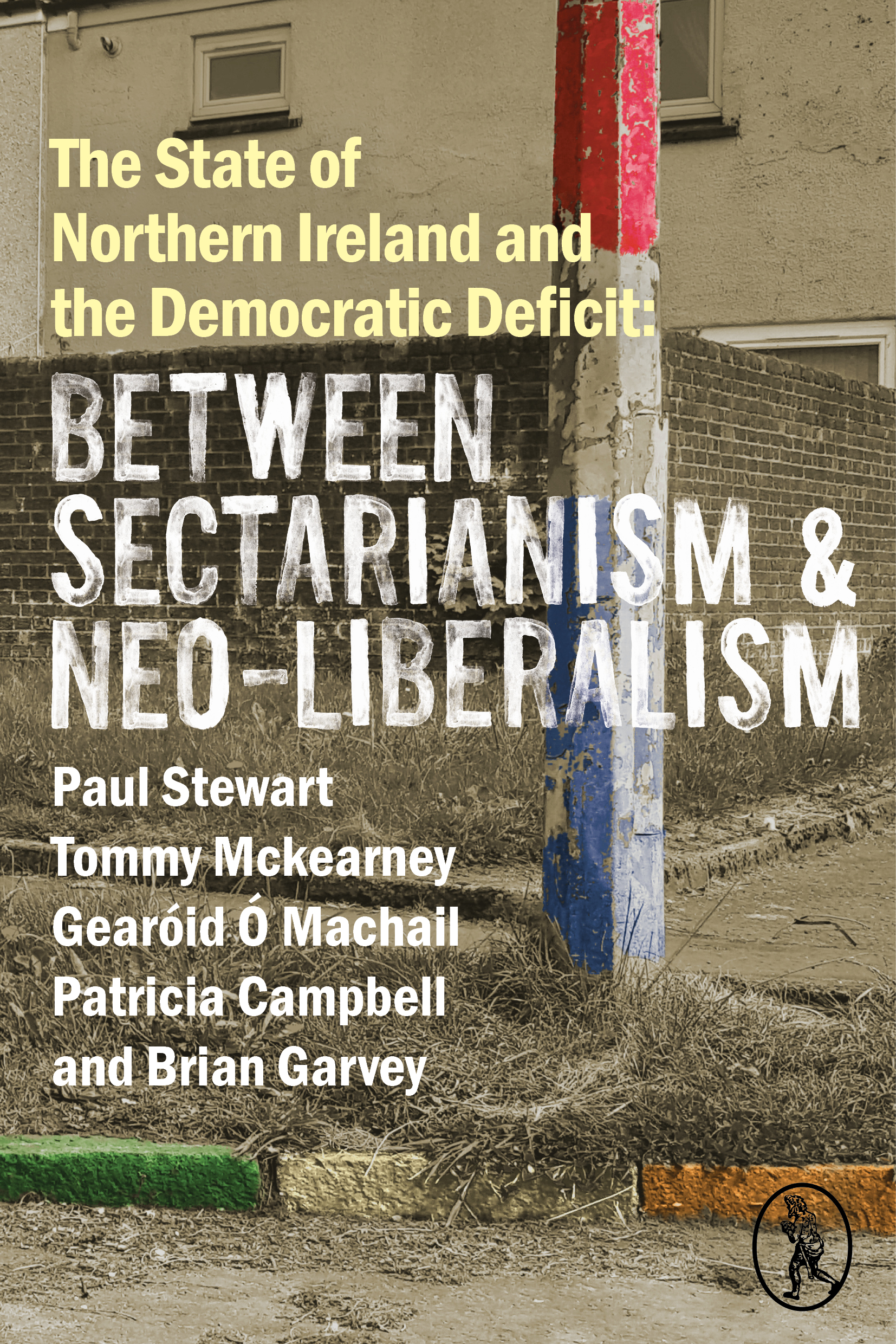
The State of Northern Ireland and the Democratic Deficit
Since the signing of the Good Friday Agreement in 1998, the image projected of Northern Ireland in the mainstream media is frequently that of a newly prosperous, modern, post-conflict society – a rare example of a successful peace process. Promoted as a great place to live and work, the garden seemed to be getting rosier by the day, that is, until the Stormont Assembly collapsed in 2017.
Written to coincide with the twentieth anniversary of the GFA, this book argues that the seeds of recent problems were sown in the 1998 agreement. The fiasco of a Renewable Heating Incentive that overpaid participants, the lingering whiff of corruption, communities in crisis and growing poverty are all symptoms of the inherent failings of the supposed settlement.
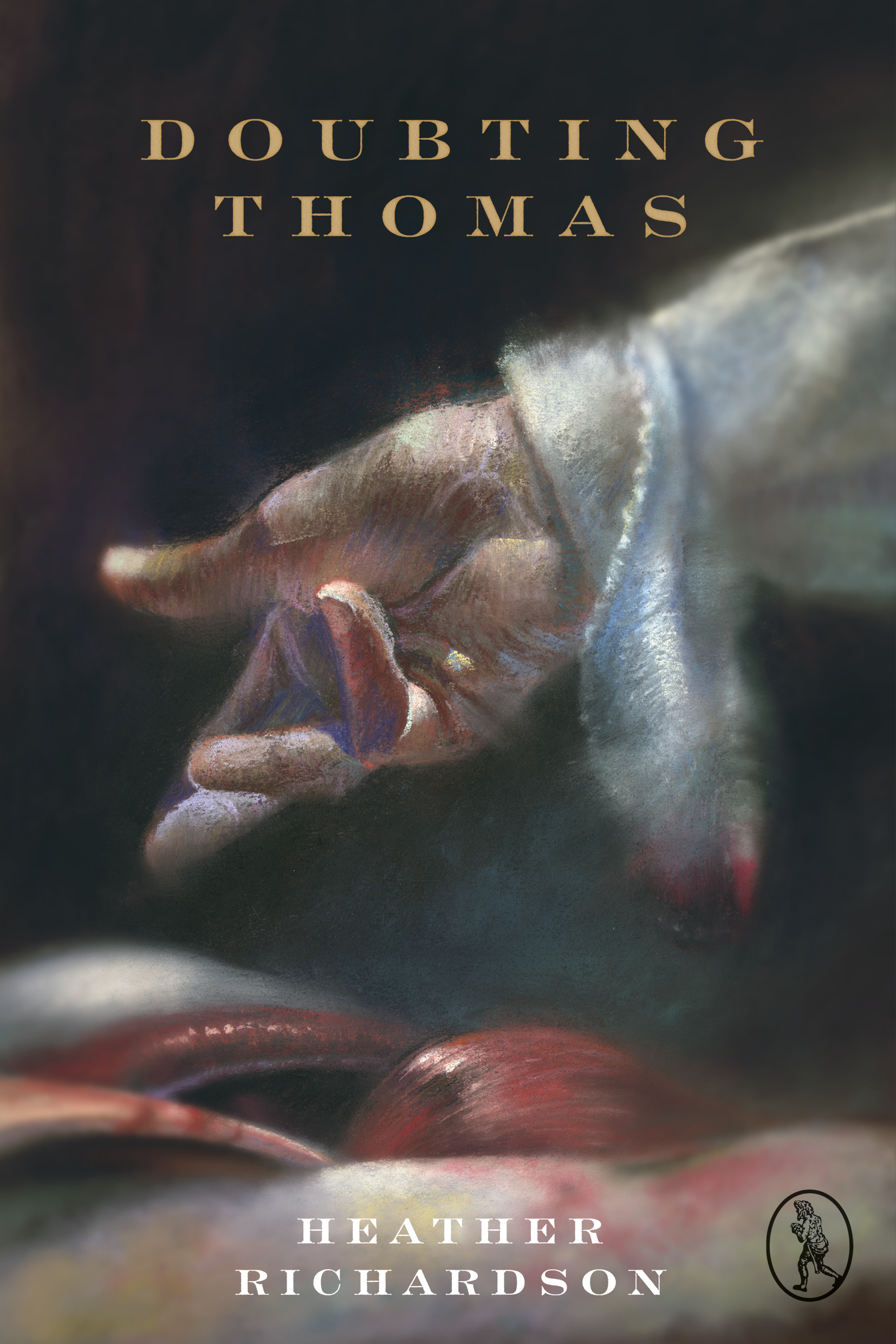
Doubting Thomas
“With an exquisite and faultless play of historical language, we witness the most visceral portrayals of early medical practices and a delicately drawn marriage, in which the fear of being different is wonderfully distilled. The childhood of Thomas Aikenhead, the last executed blasphemer in Britain, is also brilliantly created, along with the crucial betrayals that caused his downfall. This novel speaks loudly to our present condition.” – Derek Neale
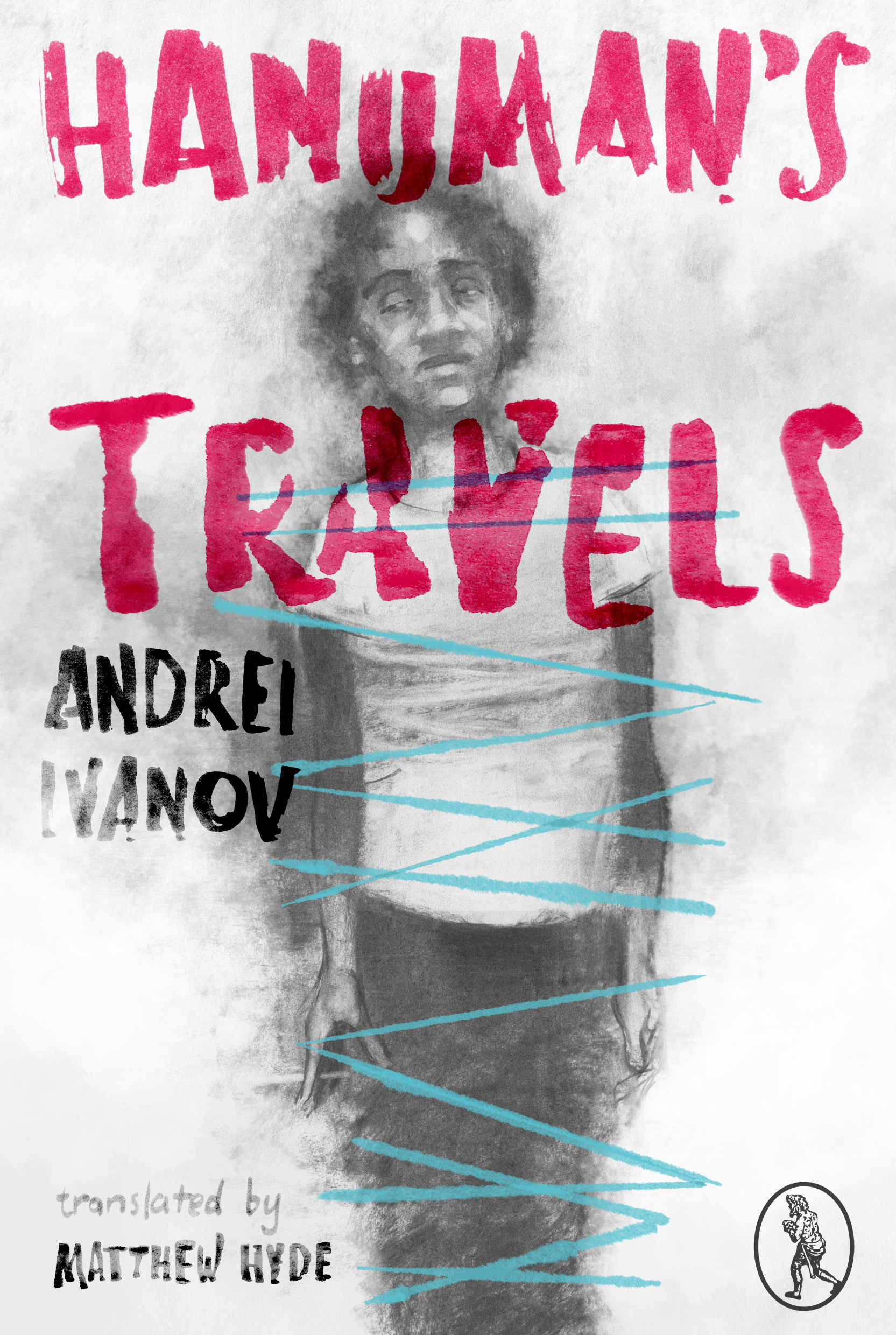
Hanuman's Travels
Hanuman’s Travels, which was shortlisted for the Russian Booker in 2010, translated into German and French, and put on the German stage, is the picaresque tale of two asylum seekers, one a Russian Estonian man (the narrator) and the other an Indian (the protagonist), and about their daily lives in a Danish refugee camp and on the road in the late 1990s. While they are waiting to go to the Danish island of Lolland, which is said to be a paradise, the two companions in misfortune survive in any way they can. Among scams, big and small disgraces, humiliations and lies, a map is gradually drawn – a detailed map of itineraries where the hopes and the fears of thousands of marginal people flounder and intertwine. Their struggle at times engenders dismissiveness and even intolerance, but also humanity, courage and the wisdom born of experience and resignation. Andrei Ivanov was inspired to write this novel by his own vicissitudes as a stateless person living in Denmark.
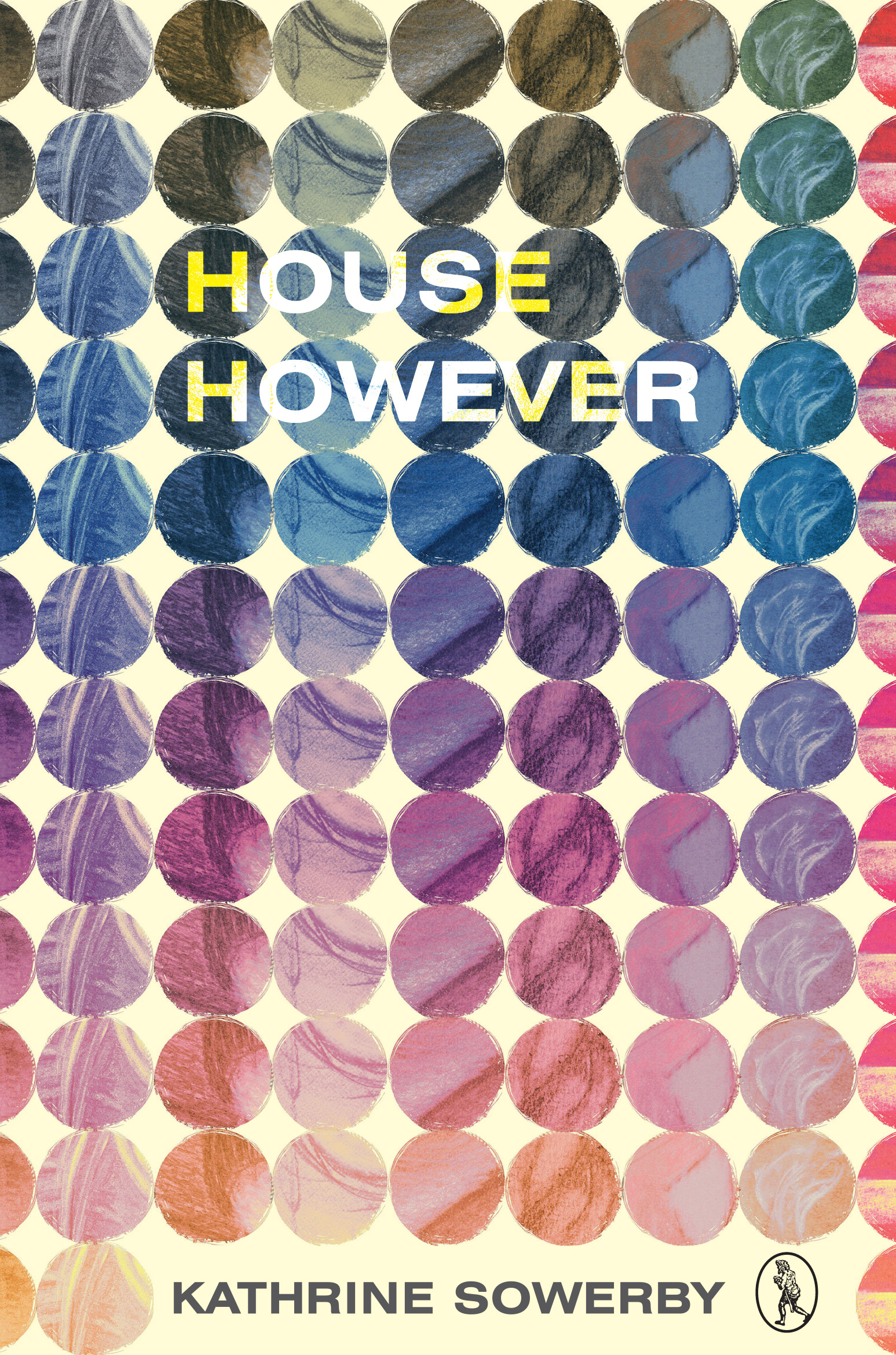
House However
“In these poems – portraits of objects and emotions – Kathrine Sowerby animates a world we ignore, she reinvents a world with a compelling internal logic. With her repetitions, revisitings, recurrences and restatings of that logic, her unique, fresh and dislocating world is made solid. With her astonishingly beautiful rhythms, of each individual poem and of the book as a symphony, Sowerby demonstrates that not only is she inheritor of Gertrude Stein’s musicality, but she moves deep into the twenty-first century: speculative, precise, intelligent and utterly attentive.” – Gerry Loose
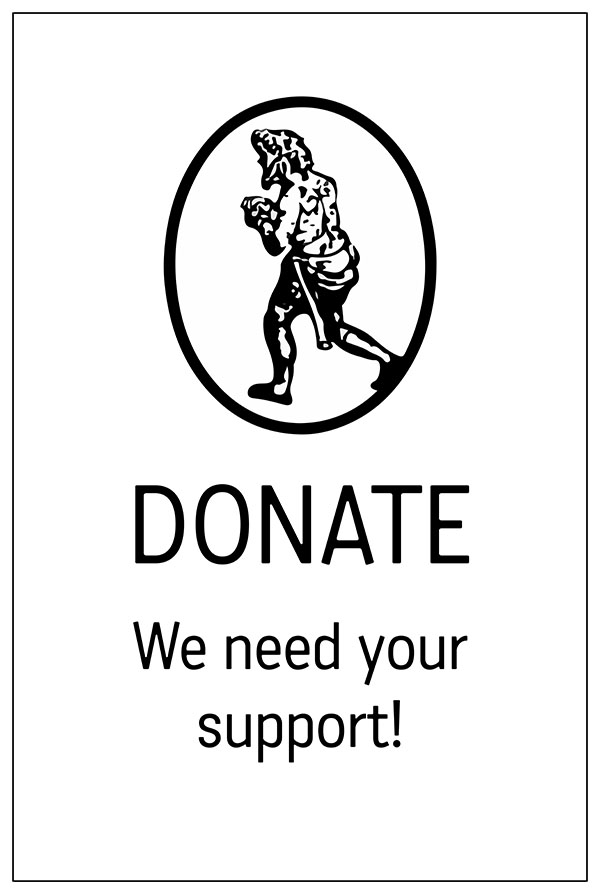
Donate
For the past nine years we’ve been working to bring our readers important and insightful stories and ideas from around the globe. The work is rewarding but – any any publisher will tell you – it’s also difficult and costly. Due to a lack of funding, we’re truly struggling, and we could use some help.
If you can spare any money, you can help us by buying our books and/or donating money to us. If money is tight, you can help by reviewing our books on sites like Goodreads, or even by requesting our books at your local library. Whichever way you choose to help, we offer our most heartfelt gratitude.
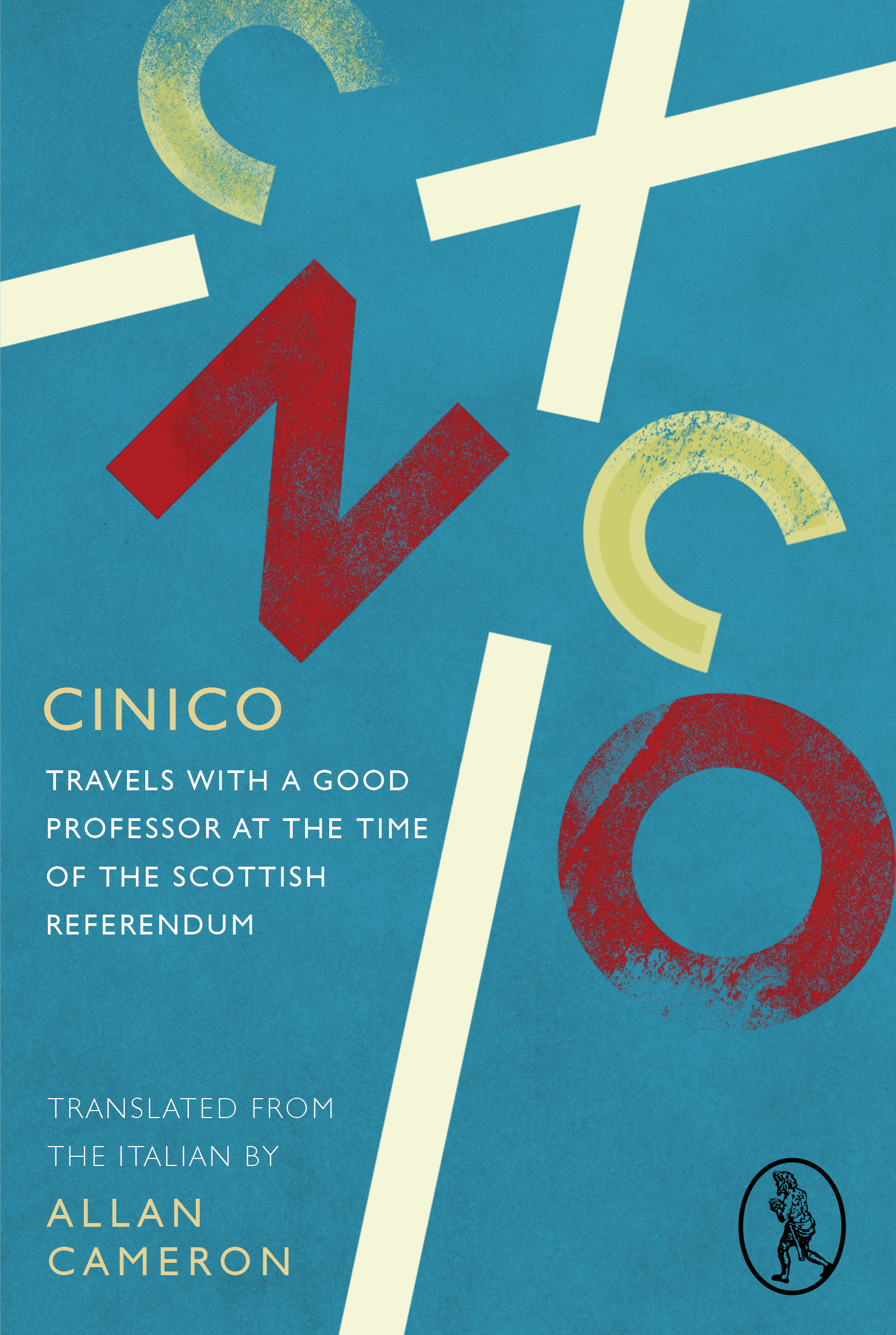
Cinico
“Allan Cameron’s modern Candide, an Italian journalist, whirls back and forth across the dark landscape of Scotland’s 2014 independence referendum like a shoogly meteor. Sometimes his cynical, witty comments light up the dark corners of Yes thinking, sometimes the sullen assumptions of the Better Together campaign. He meets and hears a score of fascinating characters with their own opinions, most of them foreigners making their own effort to understand the country. Towards the end, the fictional Italian writes down some of the wisest and most moving comments to be found on the epiphany of those amazing months.” – Neal Ascherson
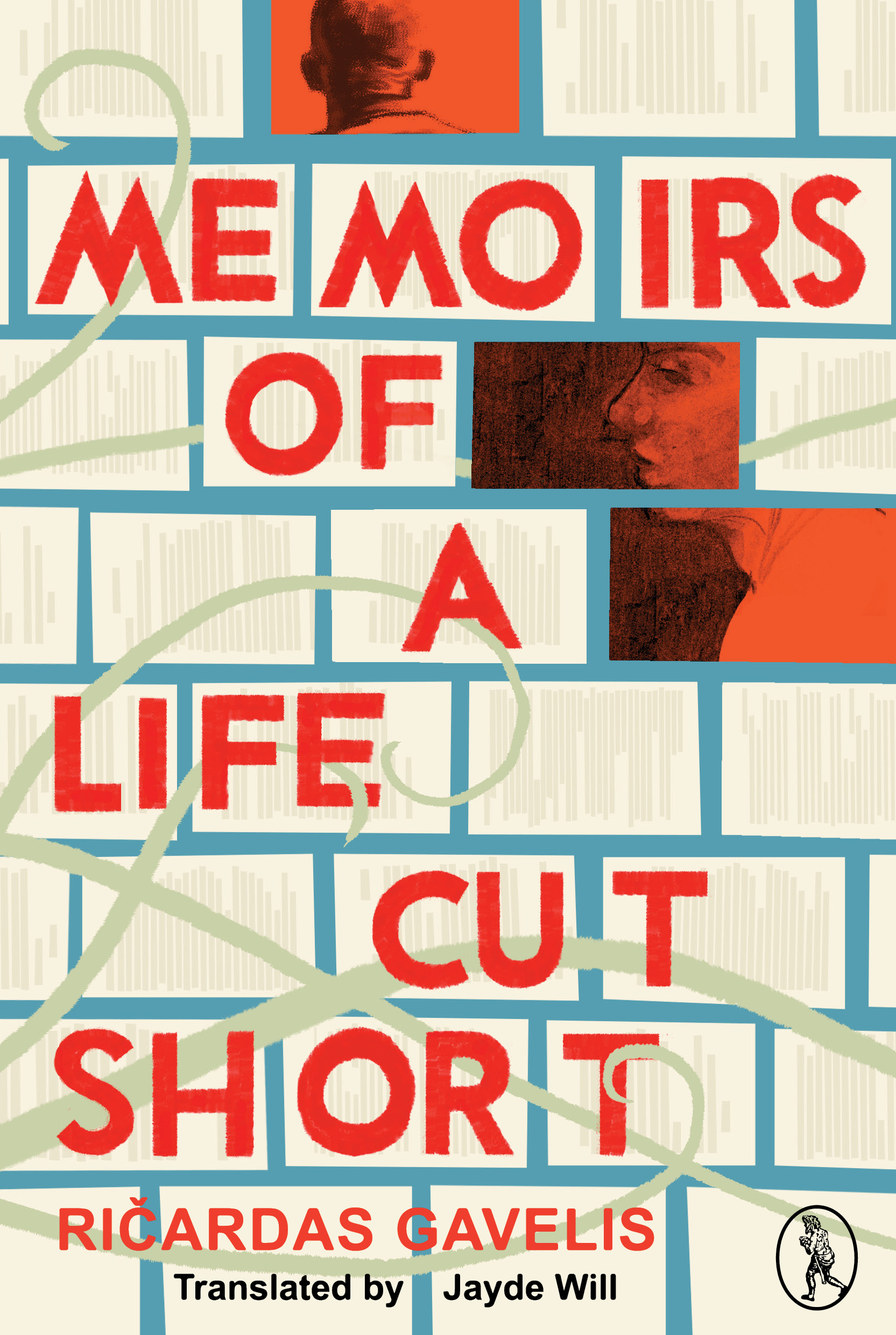
Memoirs of a Life Cut Short
“Ever since I was at school I’ve wanted to know what it means to be ‘a good man’ in literature. I have to admit that I still don’t know. After becoming a writer, I wanted to write about a good man who is honest, has particular spiritual ideas and wishes everyone to be happy. Leonas Ciparis is essentially a man like that. Unfortunately such a man cannot exist in our world, and all we can do is write on his tombstone, ‘His life was a struggle’.” – the author on the protagonist of Memoirs of a Life Cut Short
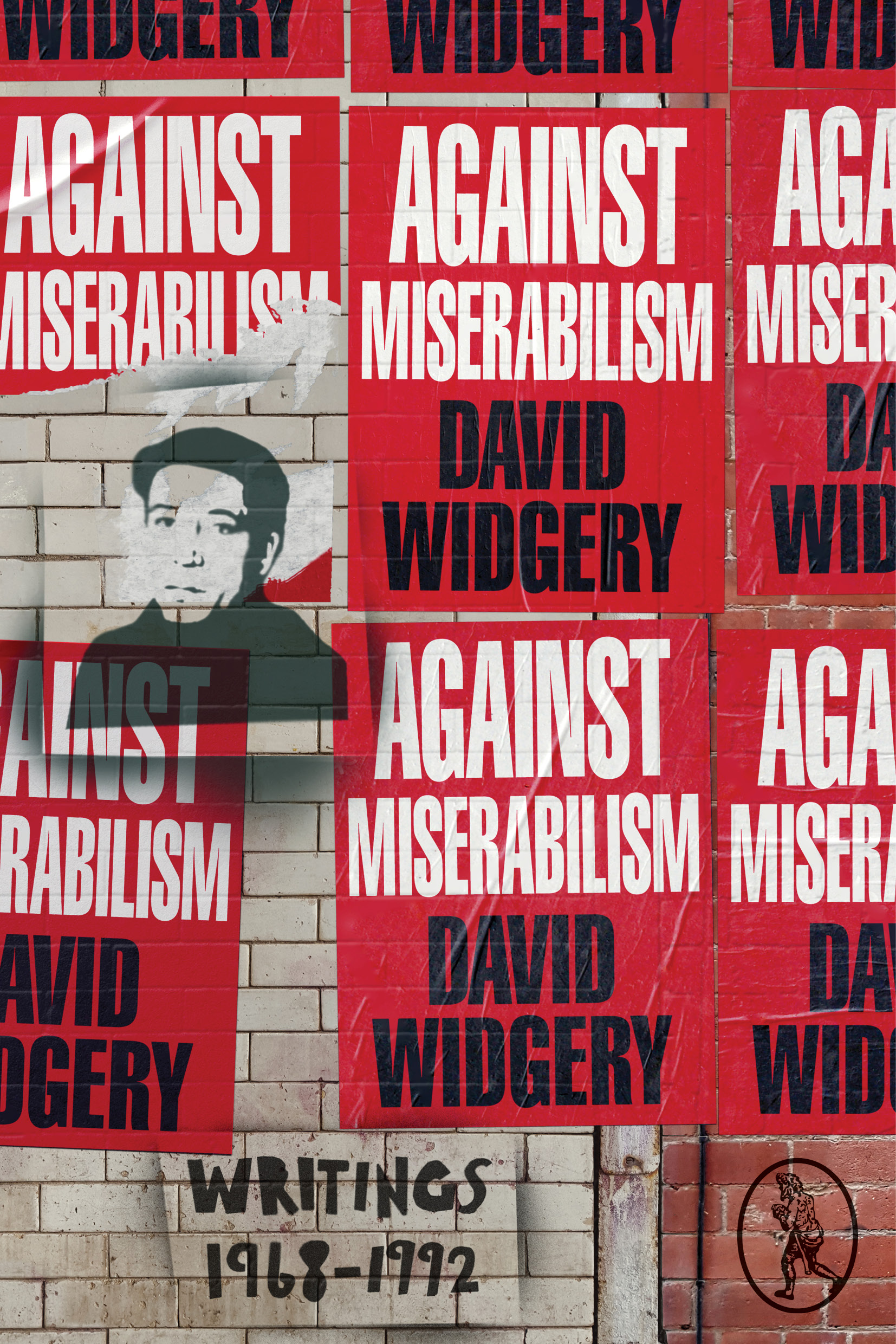
Against Miserabilism
“This anthology is as much a historical document as it is of interest as a reflection of the continuity of humanistic left concerns and principles between the 1960s and 1970s and now. It is the work of an inspired individual who is of interest as a doctor and agitator.” – Nina Power, writer and academic, senior lecturer in Philosophy at the University of Roehampton, and tutor in Critical Writing in Art & Design at the Royal College of Art

Book Bundles
Carefully curated collections complete with twine and tag guaranteed to inspire and delight! Have an idea for something different? We're happy to make bespoke bundles, so if there's something you want that isn't on this page, please get in touch at info@vagabondvoices.co.uk.
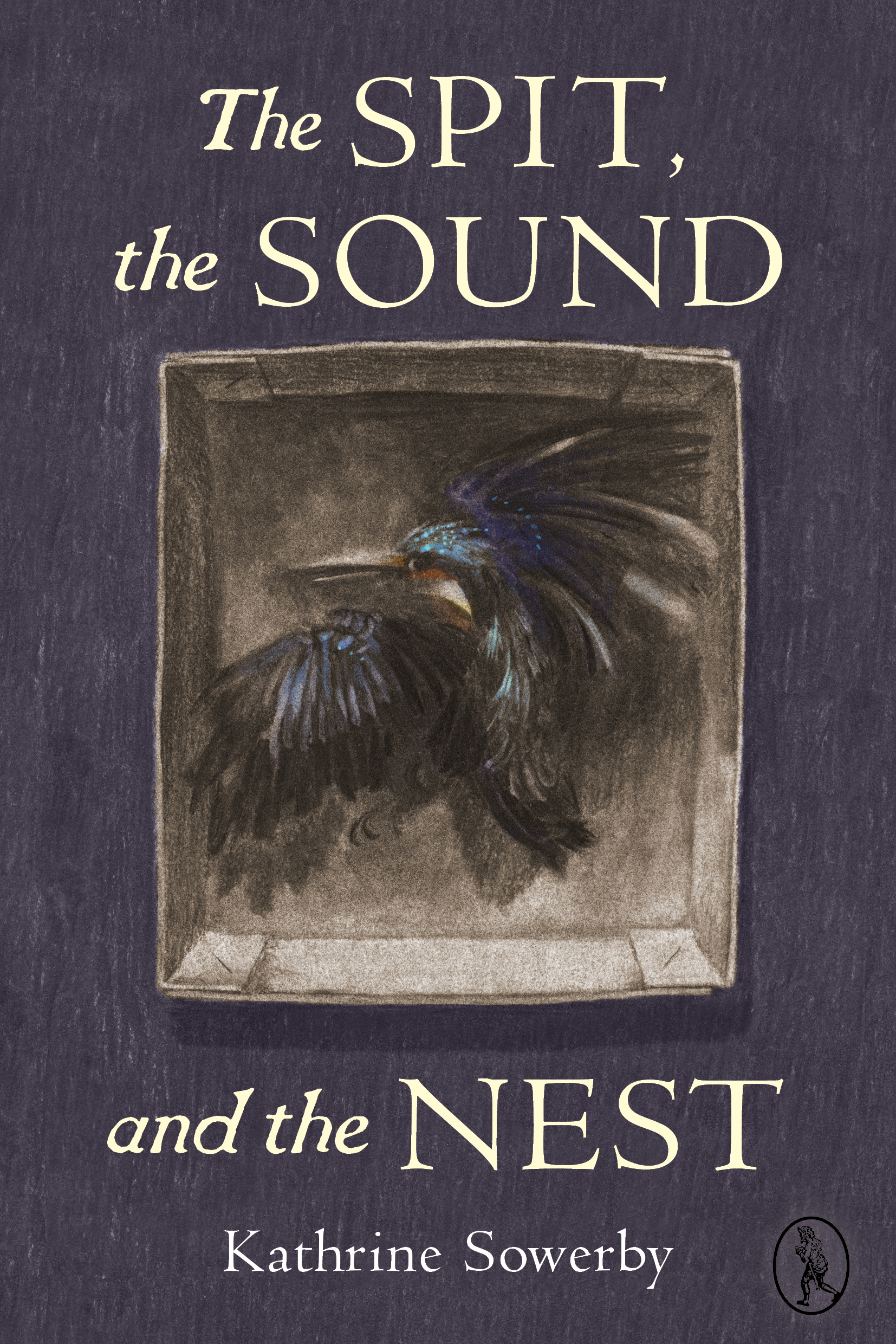
The Spit, the Sound and the Nest
"The writing in this glorious triptych of stories is as you’d expect from a poet of Sowerby’s talent — concise, evocative and seductive. In these stories, children are protectors and threats, strangers are family, and the ordinary is rendered full of risk. I could spend quite some time in the thrilling comfort of Sowerby’s prose. Savour this book — a compact, rich gem." — Elizabeth Reeder
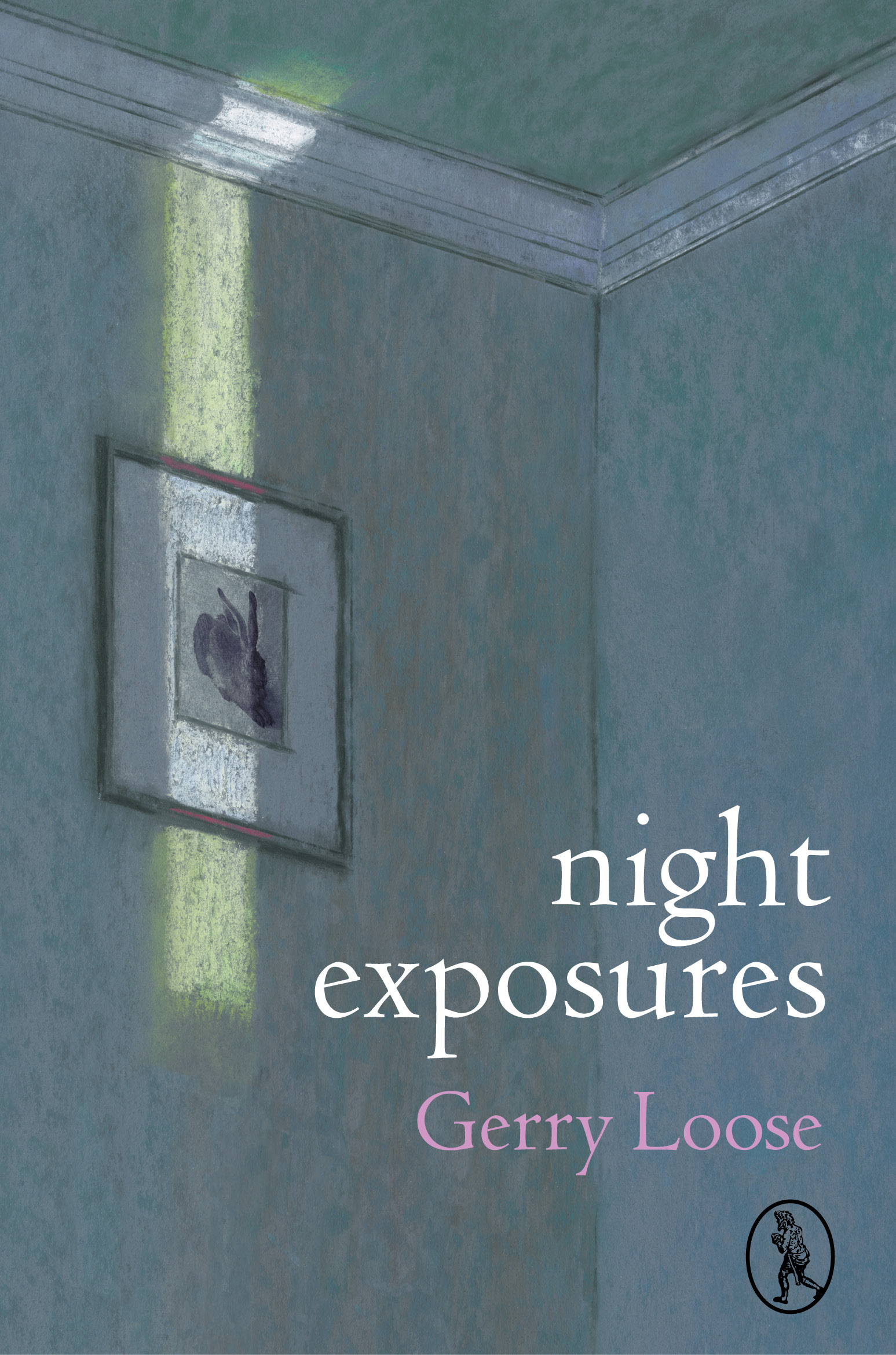
night exposures
"In the poetry of Gerry Loose, medicine and sickness heal each other. His Dharma eye sees the unity of the relative and the absolute, the local and the cosmic, the personal and the political. He is an artist beyond category, and this may be his best book so far." – Dogo Barry Graham, author of Kill Your Self: Life after Ego and The Book of Man
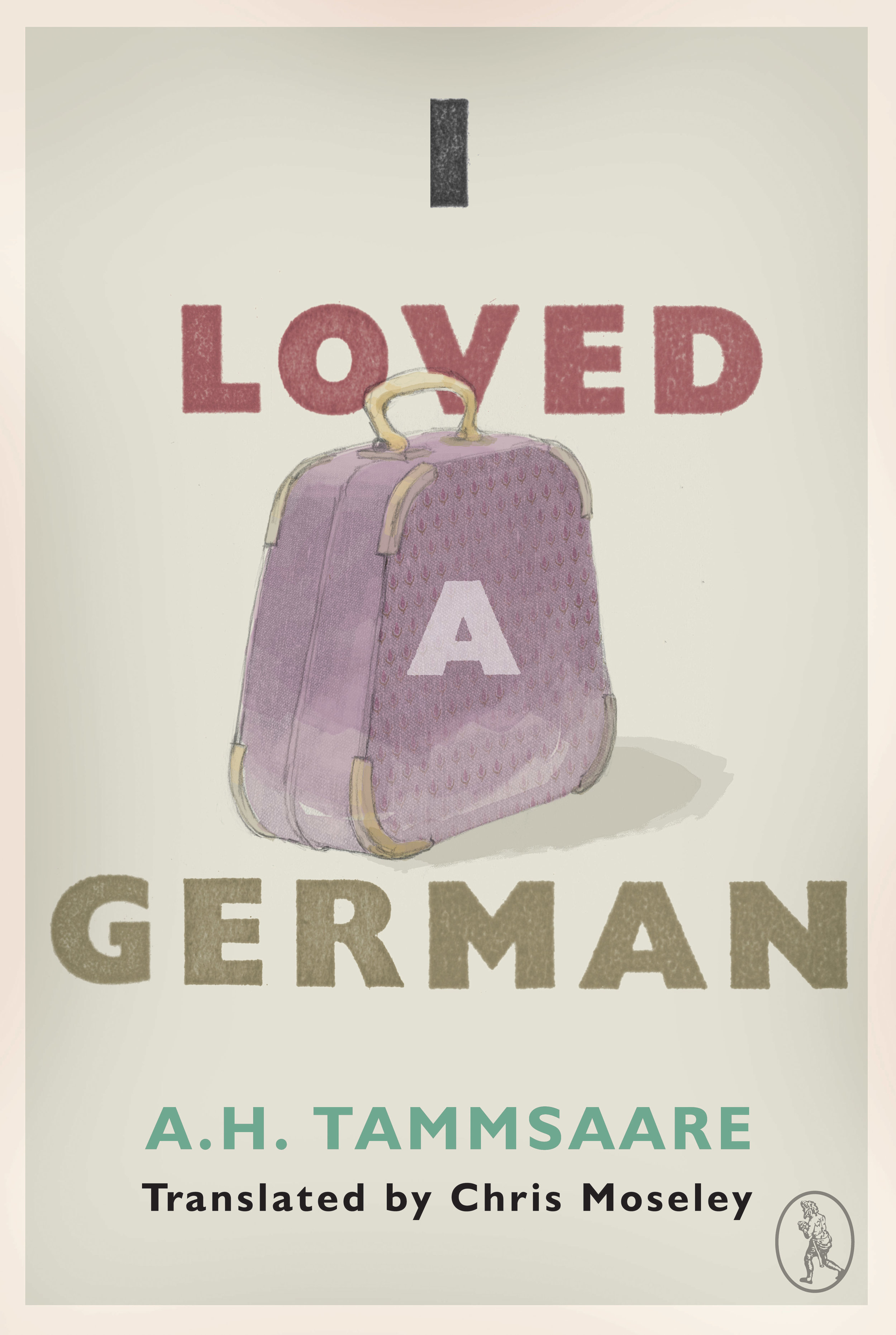
I Loved a German
“The novel, which is presented in diary format, is a wonderfully handsome and tragic love story. At its focal point is the question of love’s existence and debates over national identity. The author engagingly depicts the man’s inner conflicts and also observes the soul of a nation through his eyes – a nation, which has long been the servant class in its own land, but has managed to win an independent state for itself. Yet have the old, ingrained attitudes vanished with the birth of the new country?” – Maarja Vaino (trans. Adam Cullin)
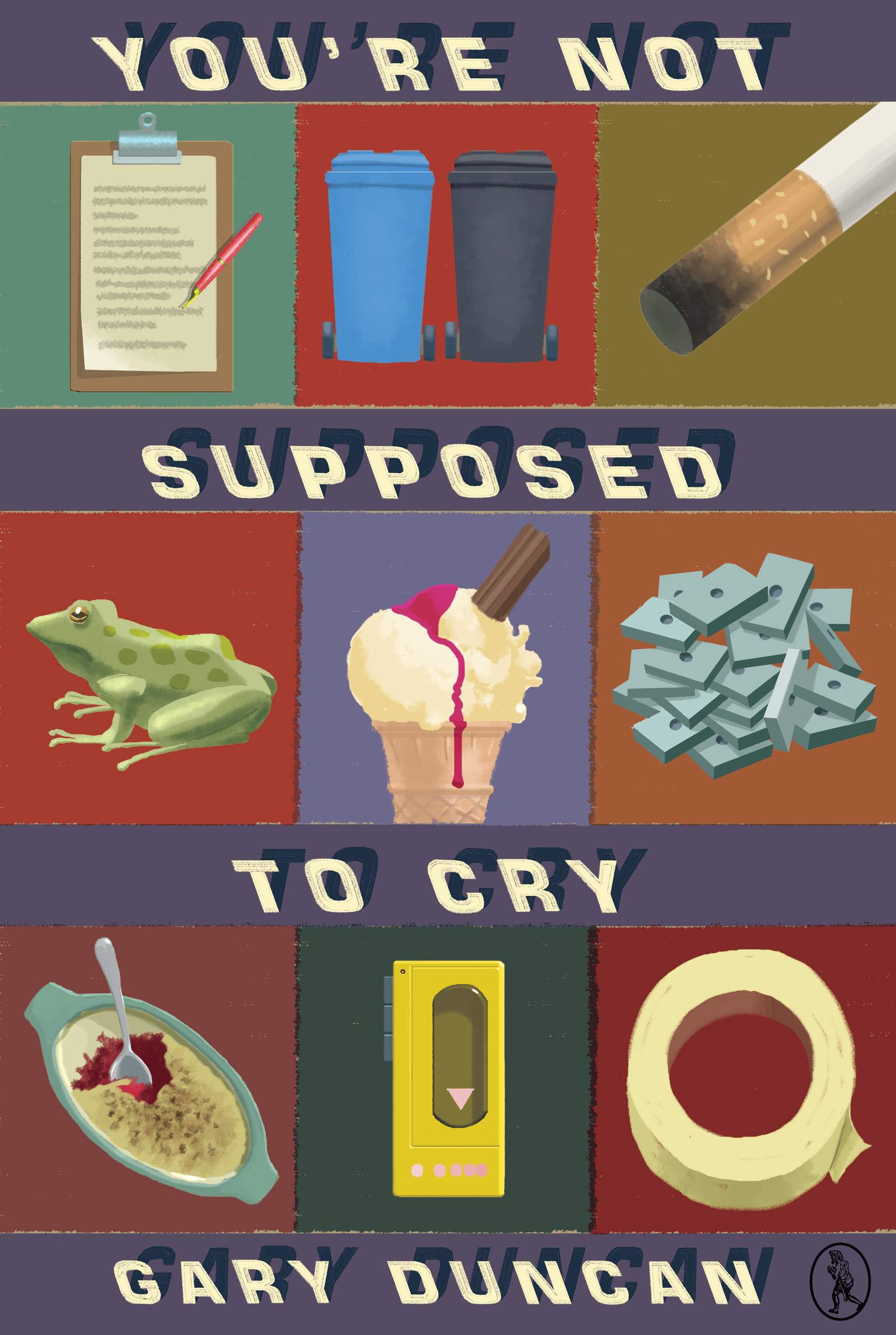
You're Not Supposed to Cry
“Trigger warning! After you read one, Duncan has you hooked. Don’t read this collection in one sitting — parcel these stories out and take time in between to reflect on what just took place. These stories are headshaking original, funny, fascinating, at times chilling, and no subject is sacrosanct — all things a 5-star collection should be. Buy two copies — you won’t want to lend your only one out.” — Paul Beckman, author of Peek
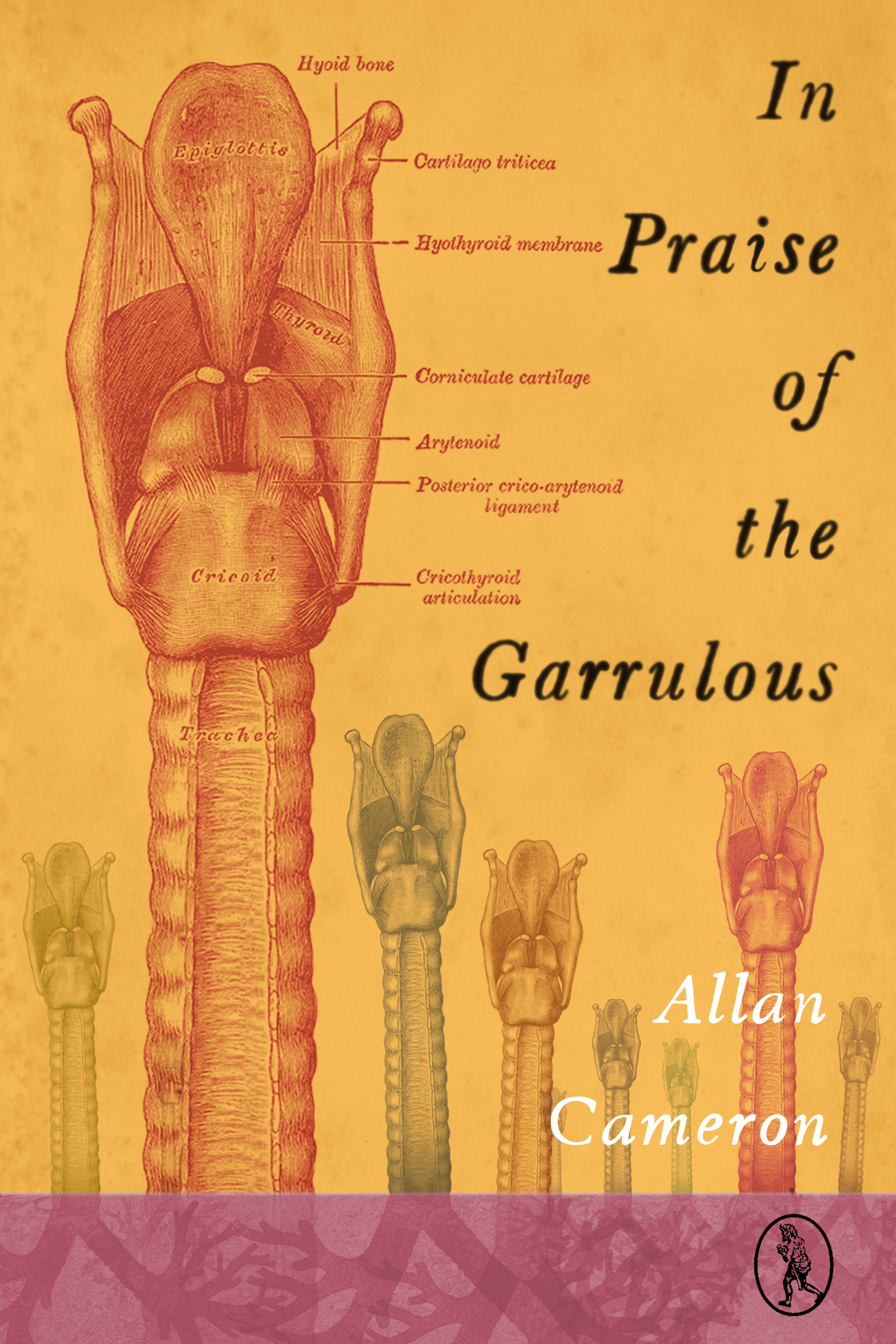
In Praise of the Garrulous
“I like In Praise of the Garrulous very much indeed, not only because it says a good many interesting and true things, but because of its tone and style. Its combination of personal passion, observation, stories, poetic bits and serious expert argument, expressed as it is in the prose of an intelligent conversation: all this is ideal for holding and persuading intelligent but non-expert readers. In my opinion he has done nothing better.” — Eric Hobsbawm
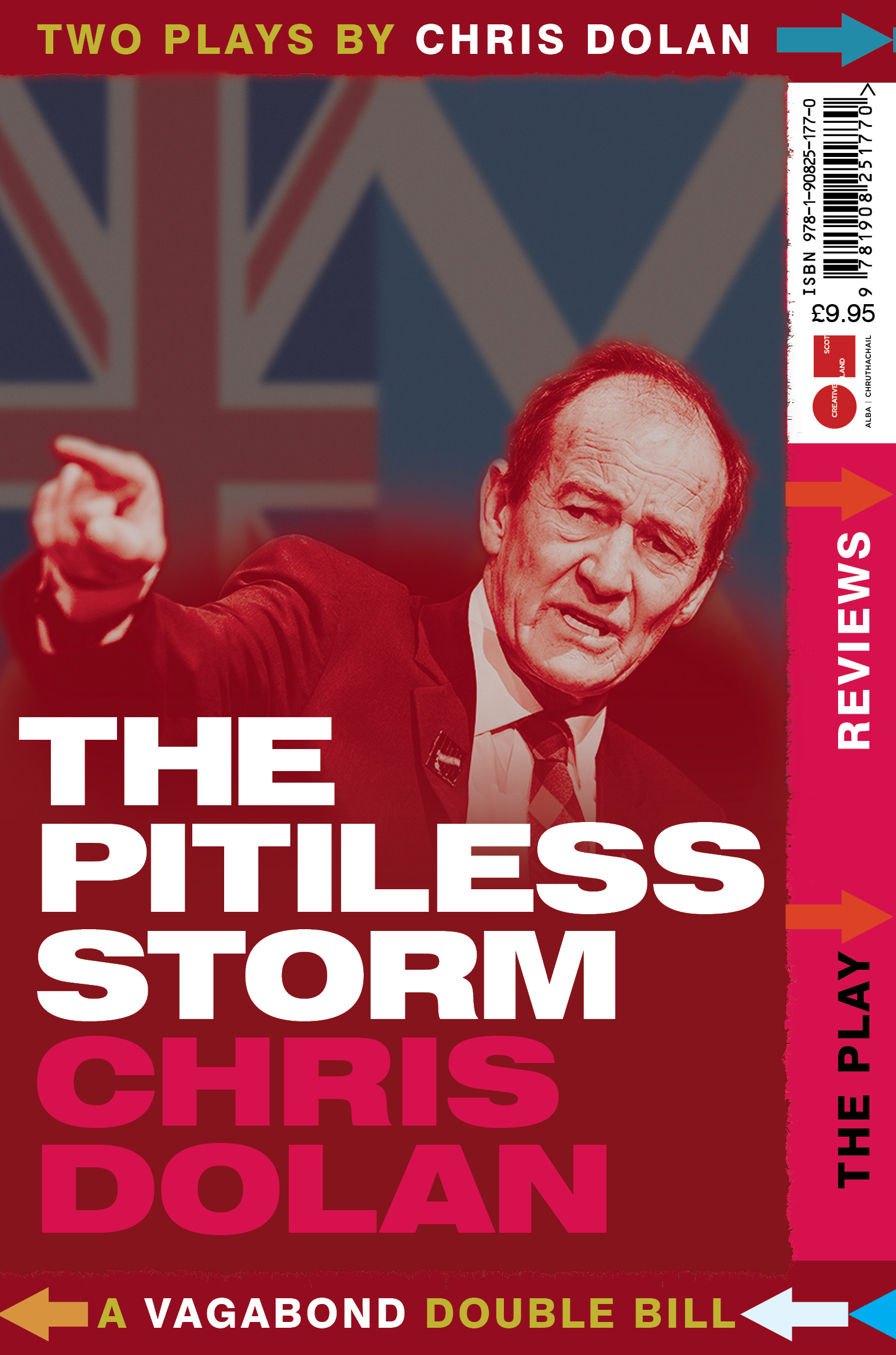
Two Plays by Chris Dolan
This book contains two plays by Chris Dolan: The Pitiless Storm and The Cause of Thunder. Both were written to be performed by David Hayman, and both deal with the Scottish independence referendum.
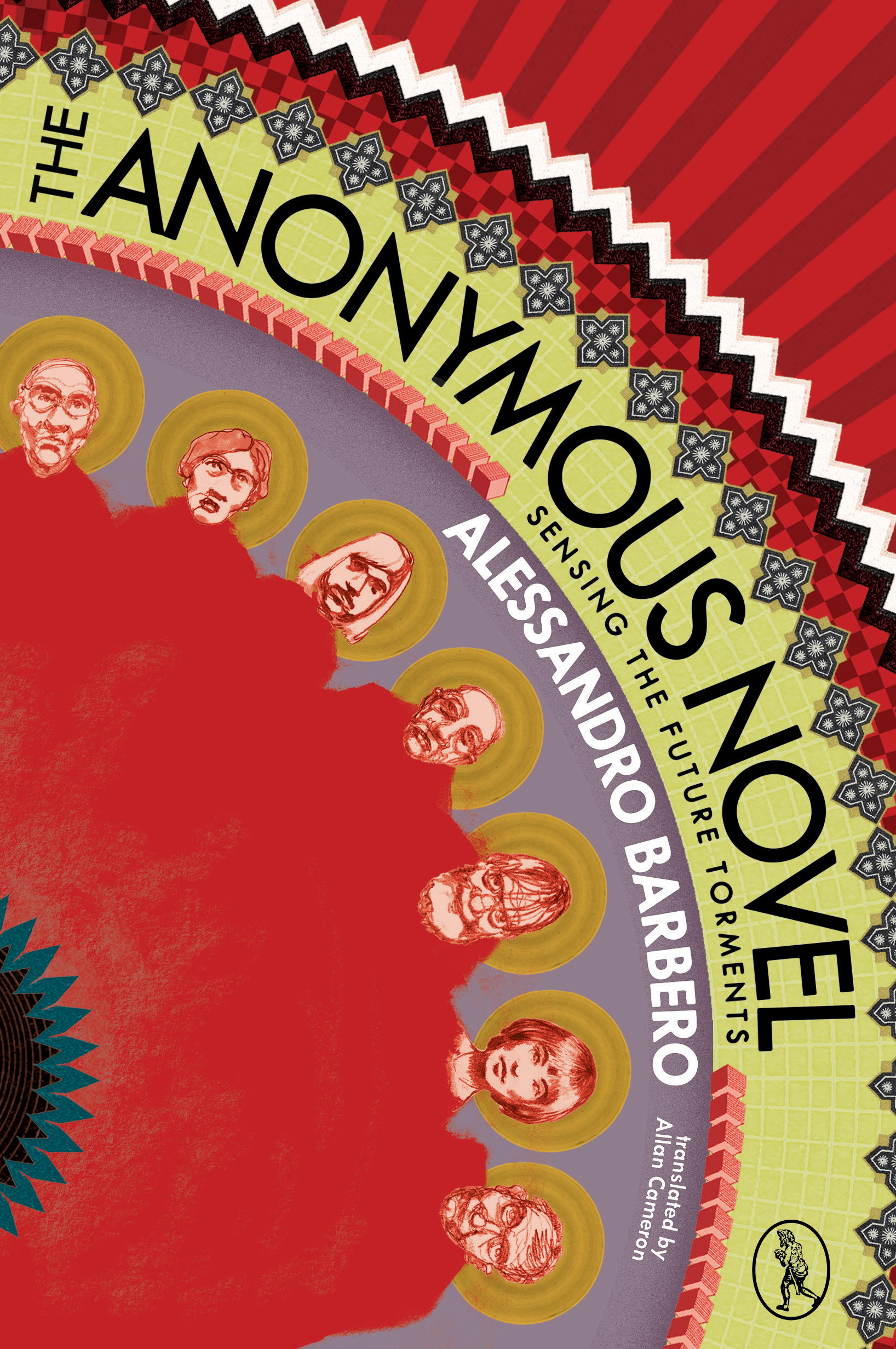
The Anonymous Novel
“This is a literary miracle — unique, witty and gripping. It reads like Bulgakov’s prose somewhat modernised or even a careful and sensitive translation of one of the great Russian classics. It is stunningly authentic, and I cannot believe that the author and translator are NOT Russian... A book to savour and consume slowly...” — Vitali Vitaliev
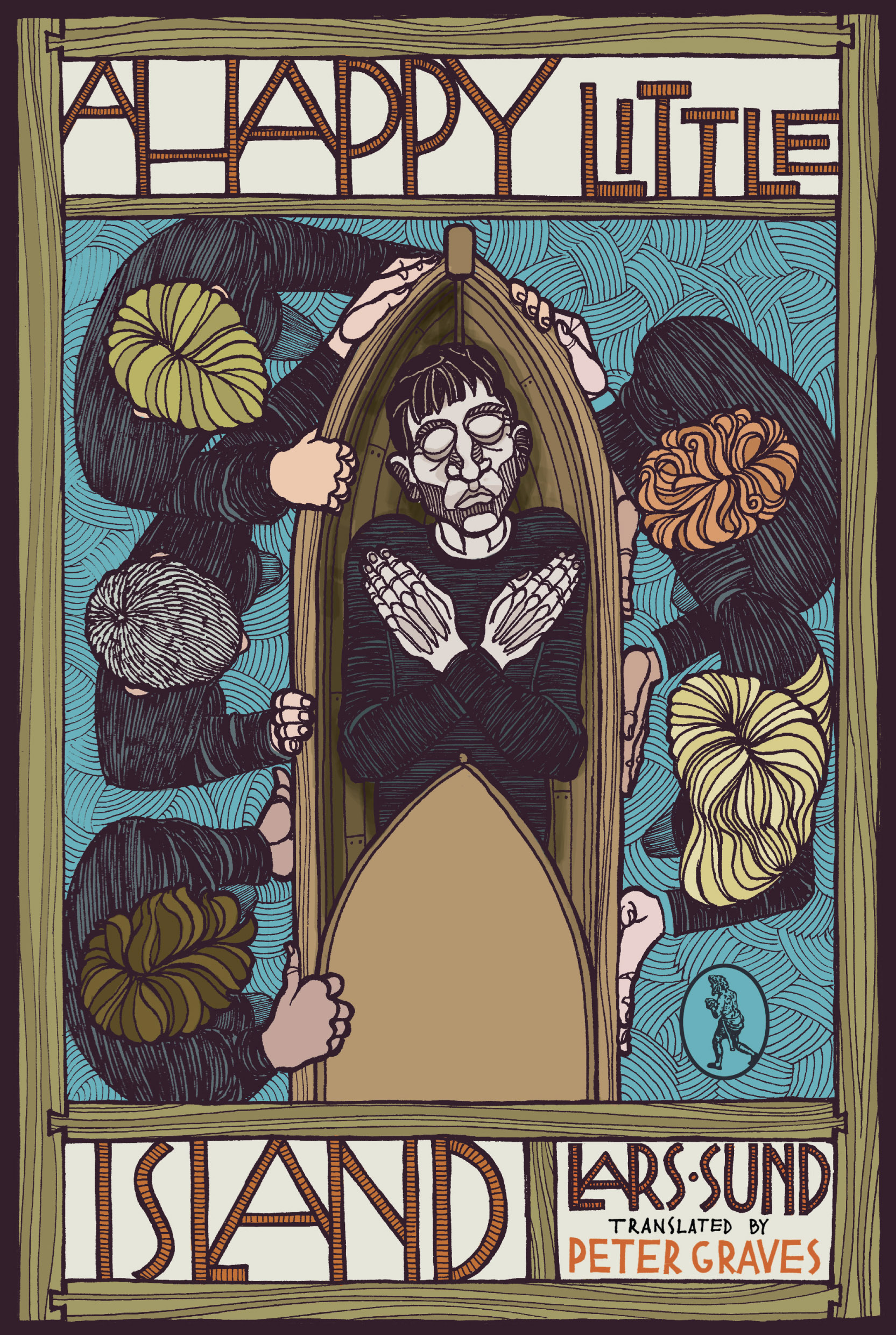
A Happy Little Island
"Sund begins A Happy Little Island by casting himself as God, devising the land on which he will set his story. But he has specific reasons for doing so, beyond literary affectation. ... Sund isn’t just showing off, he’s making a point that not even in imaginary worlds are we exempt from our responsibilities to our fellow human beings. The book is a plea for us not to invent excuses for turning our backs on the needy and suffering because they’re strangers.
"That said, it’s also an absorbing tale with a cast of characters who could only exist in an isolated rural environment, their individuality accentuated by the open spaces and close-knit sense of community. Sund writes charmingly about the island (an old boat, for instances, likes to ‘rub her gunwales against a familiar quay’), and the tone is carried over by translator Peter Graves, who pleasingly renders the name of one landmark as ‘the Empress’s Cludgie’." — Alastair Mabbott, The Sunday Herald
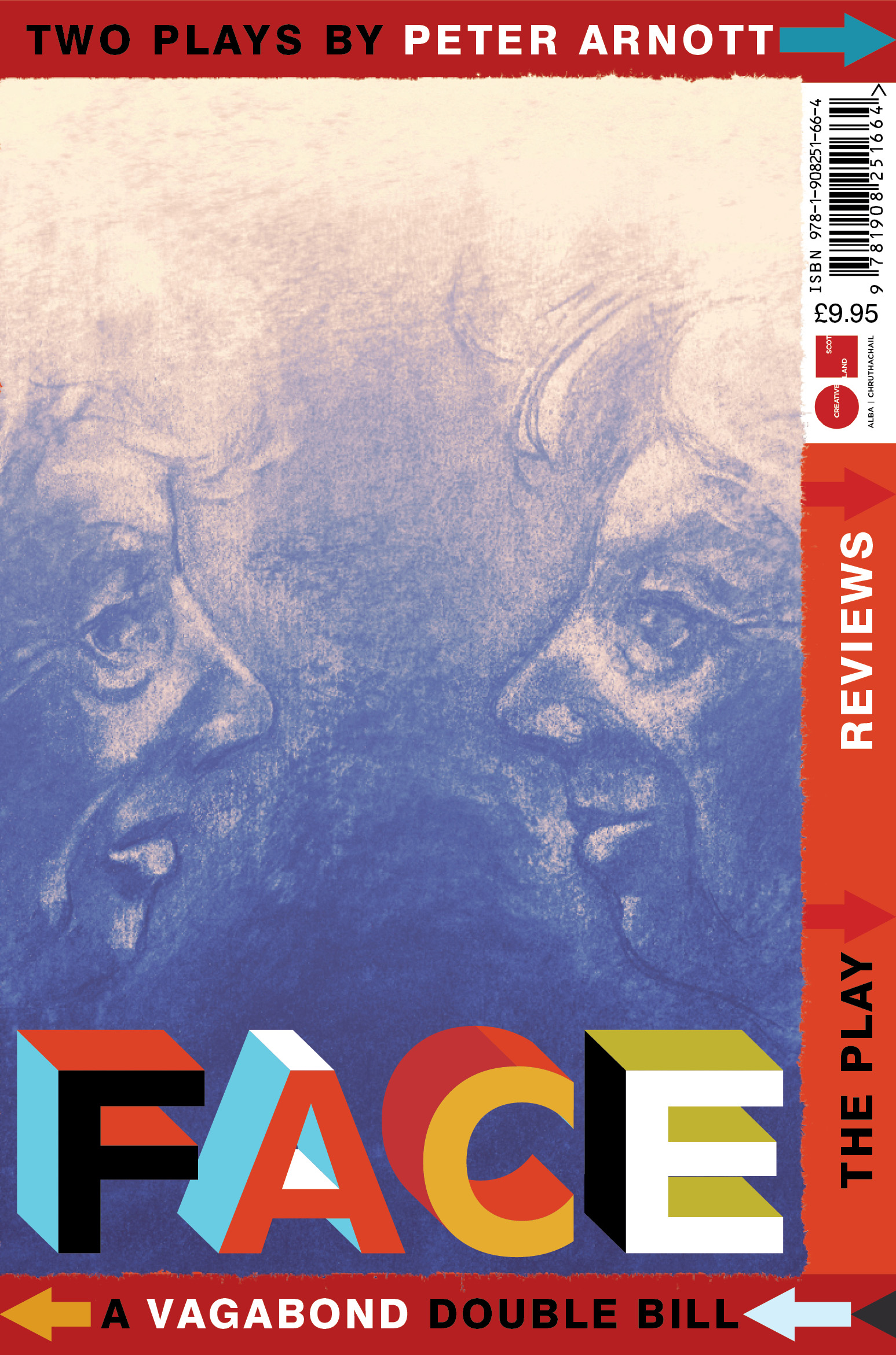
Two Plays by Peter Arnott
Two seemingly disparate plays converge on the topics of freedom and identity, with Arnott’s signature dark, pointed humour expertly woven throughout.
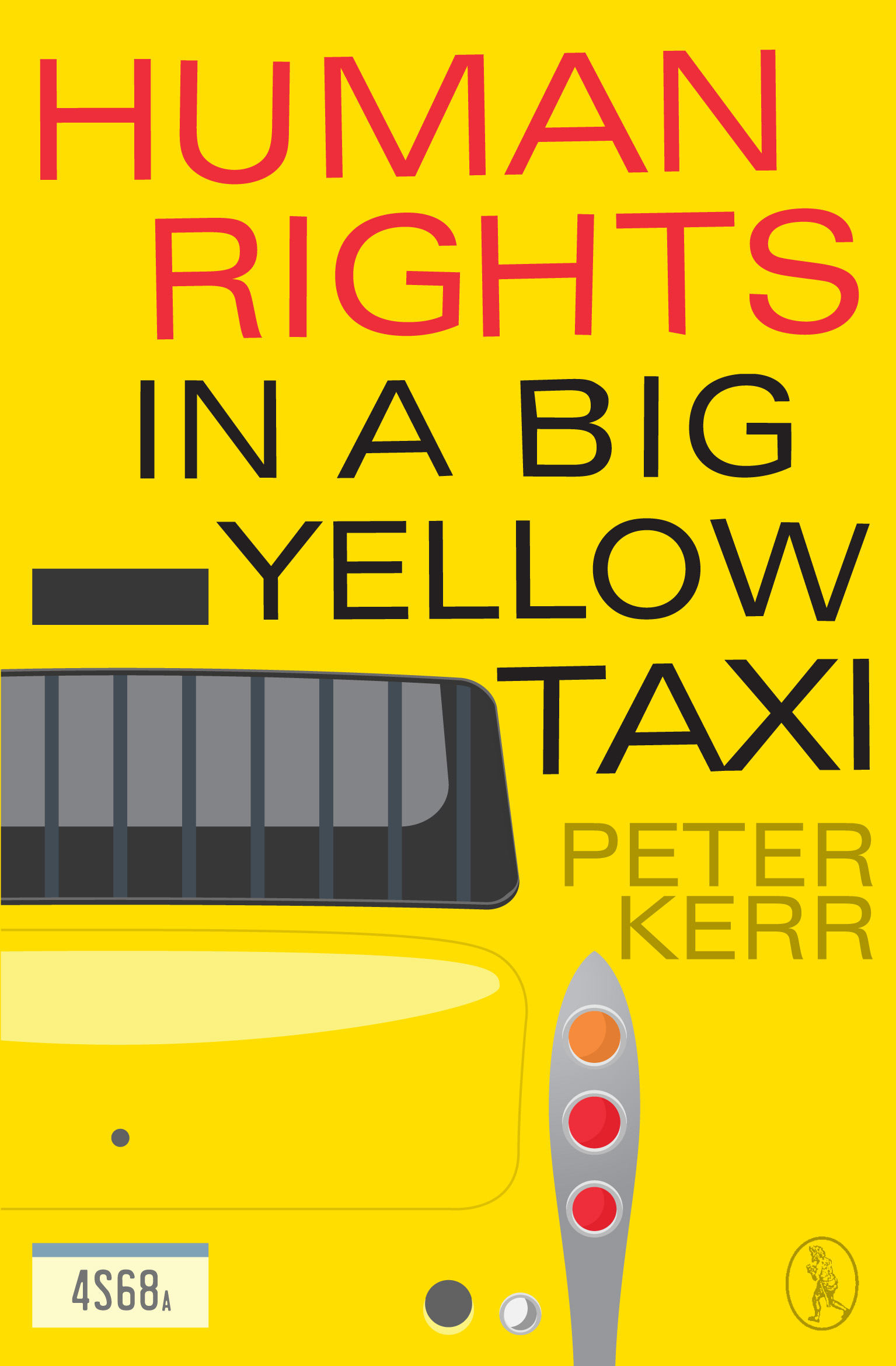
Human Rights in a Big Yellow Taxi
"Are British human rights laws increasingly following American ones? Kerr's provocative analysis may be impassioned but it's also detailed, as he uses the example of a 12-year-old boy who organised a protest against the closure of his local youth club and found the anti-terrorist branch of the local police bearing down on him." — Lesley McDowell, The Herald Scotland









